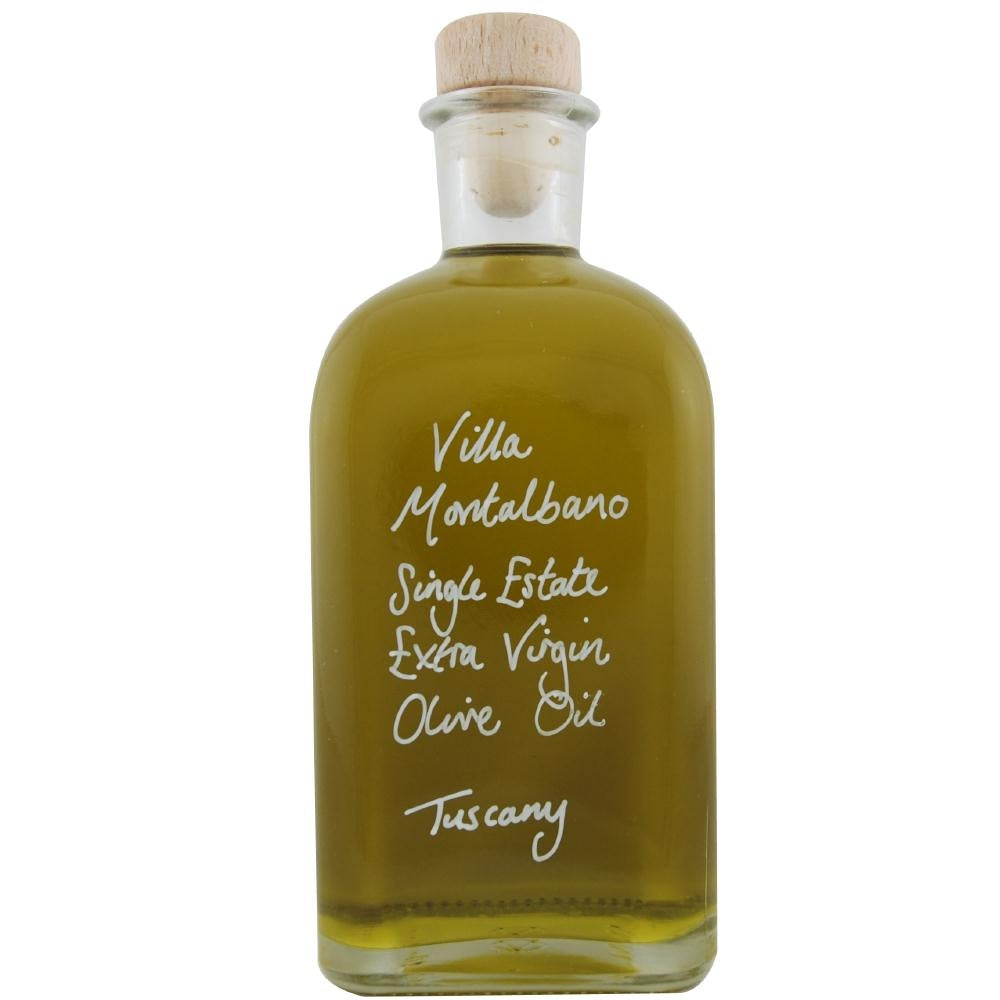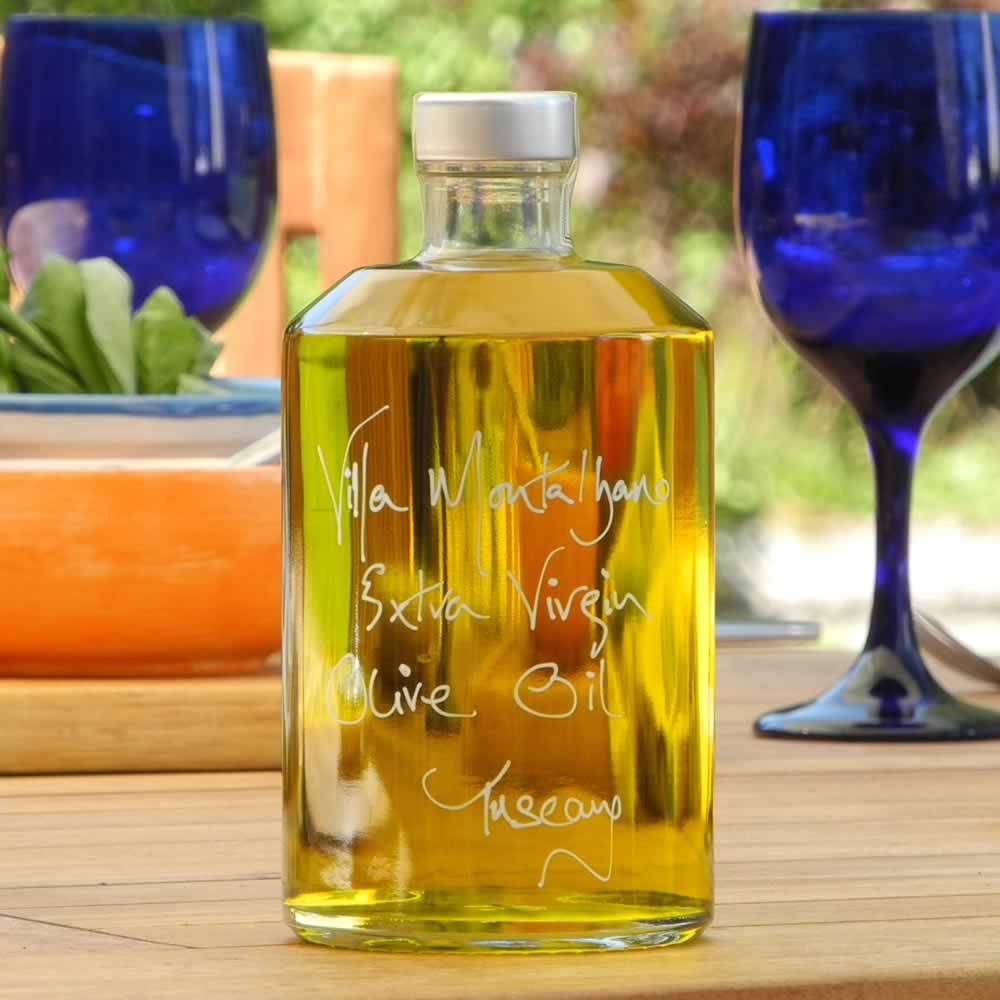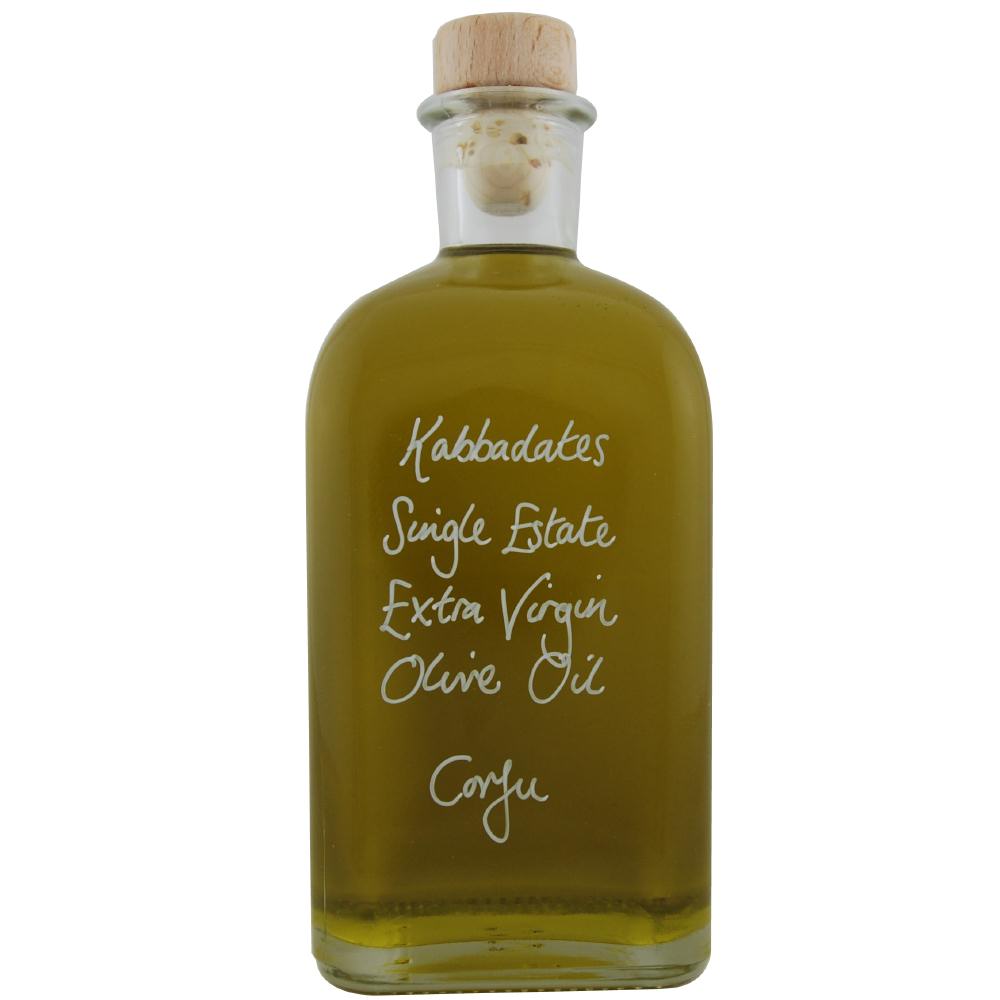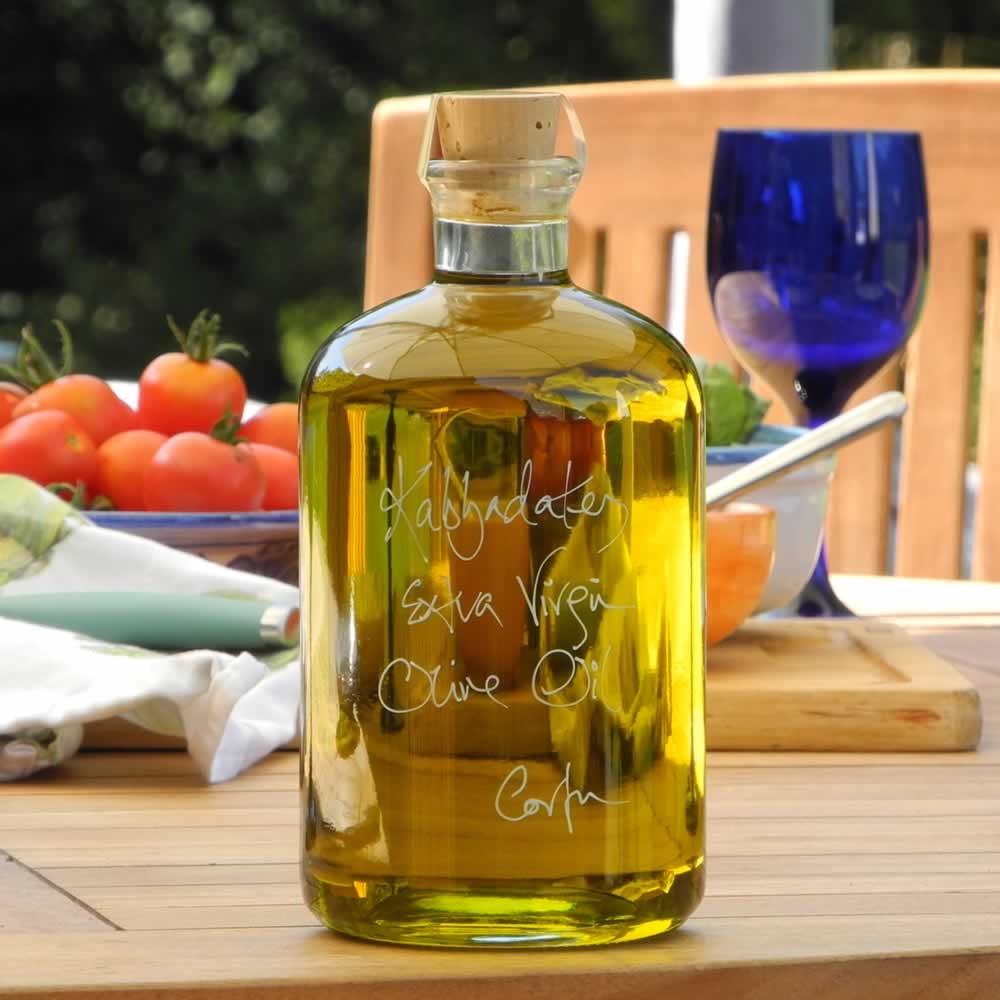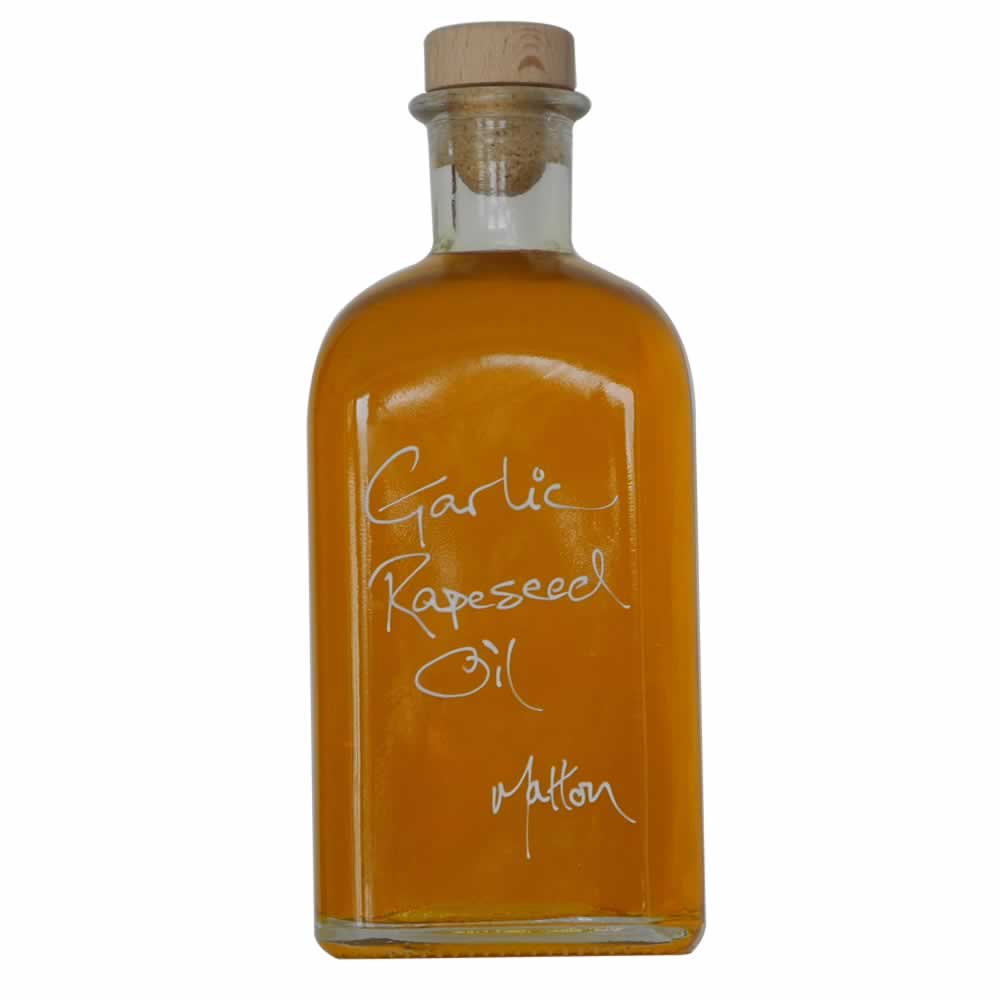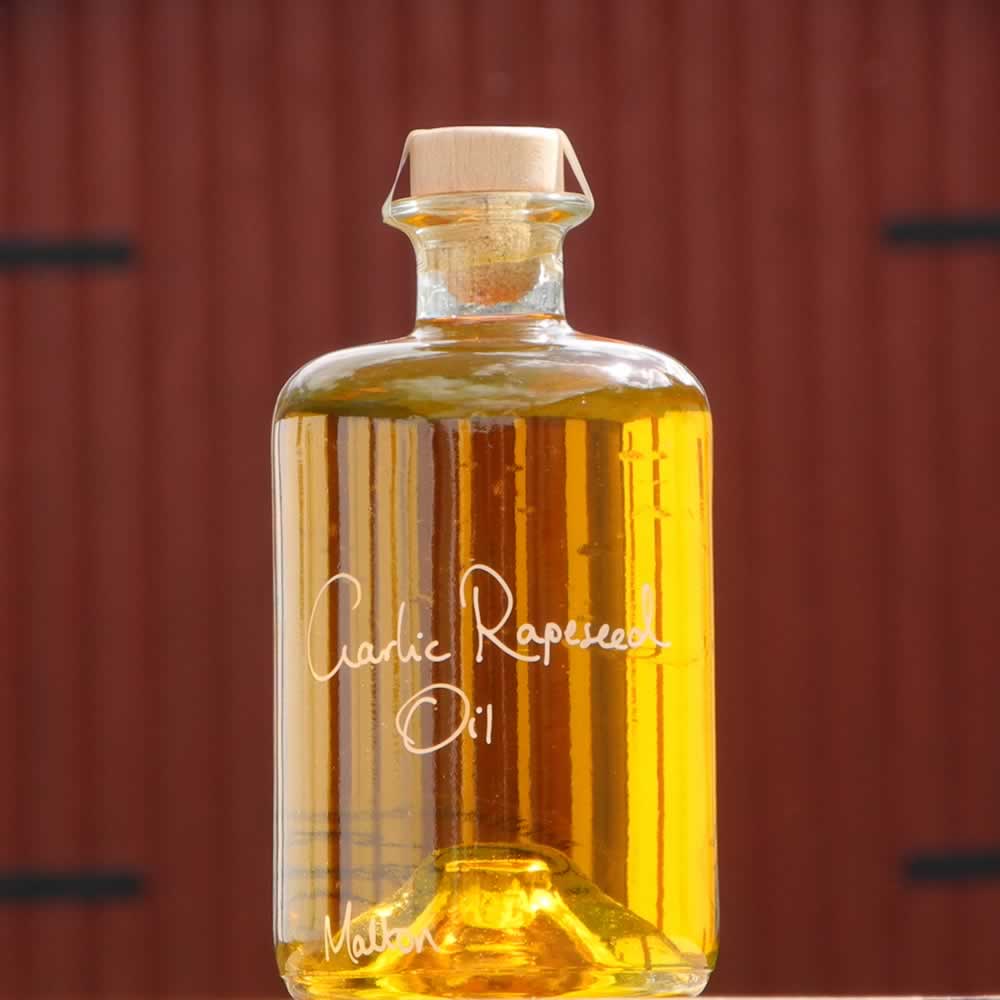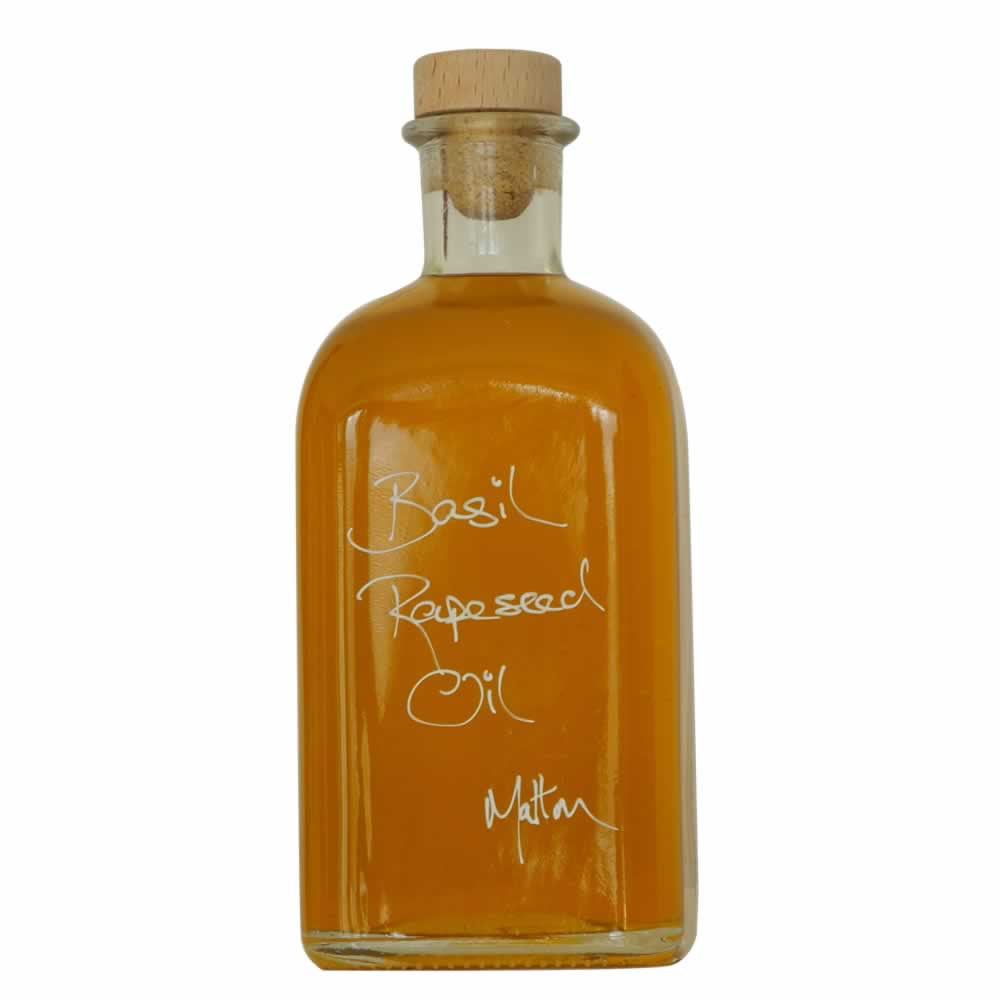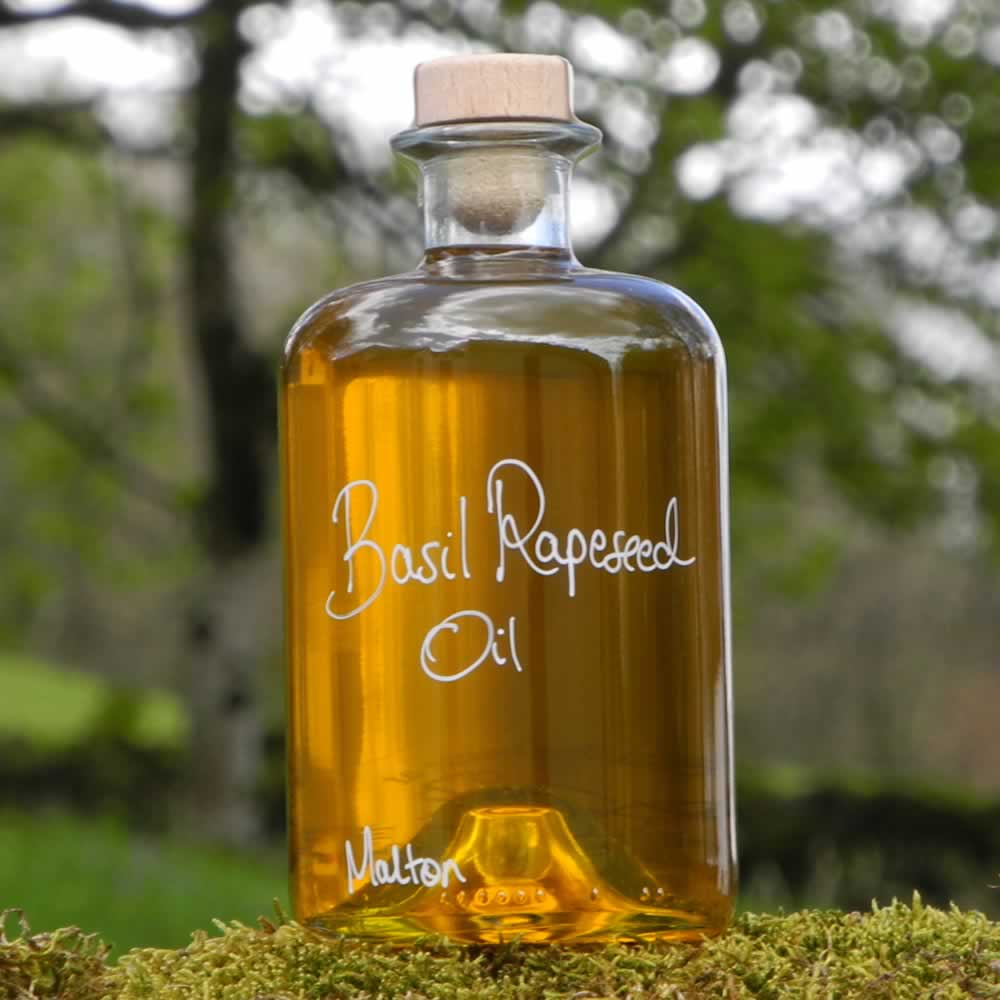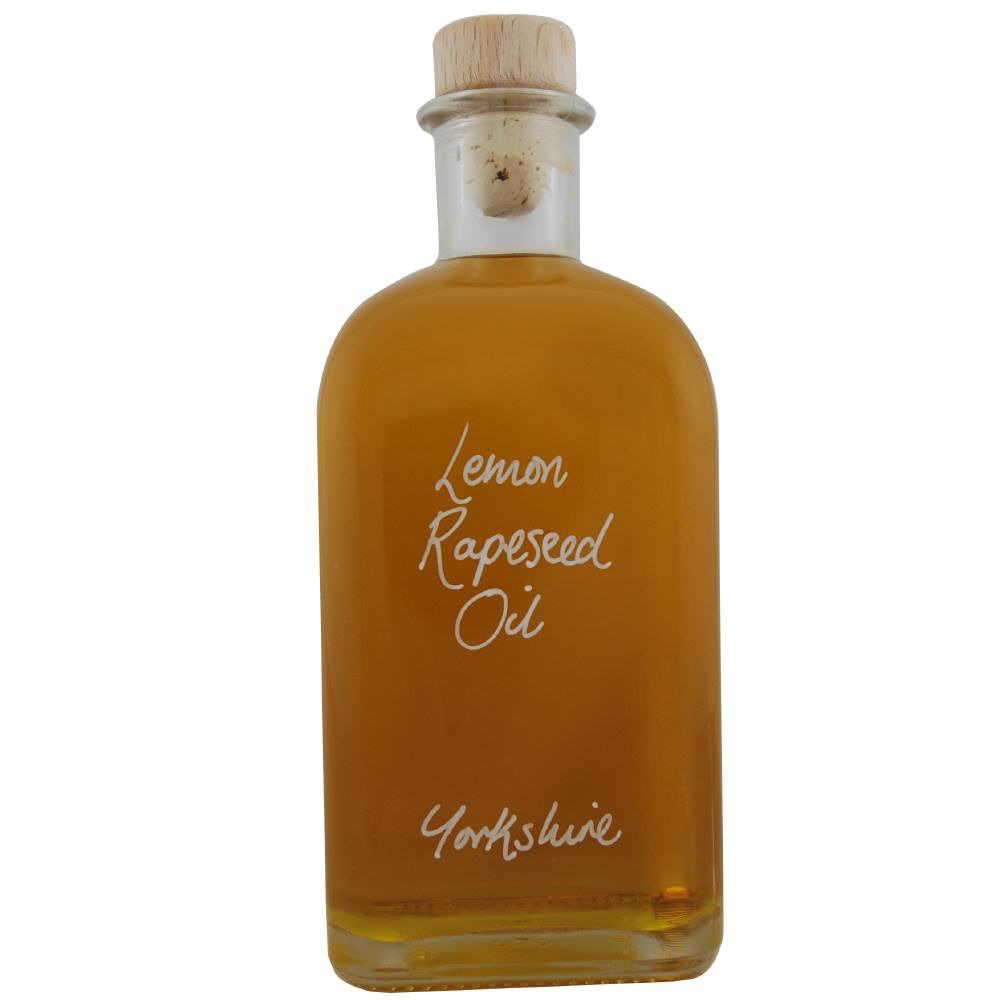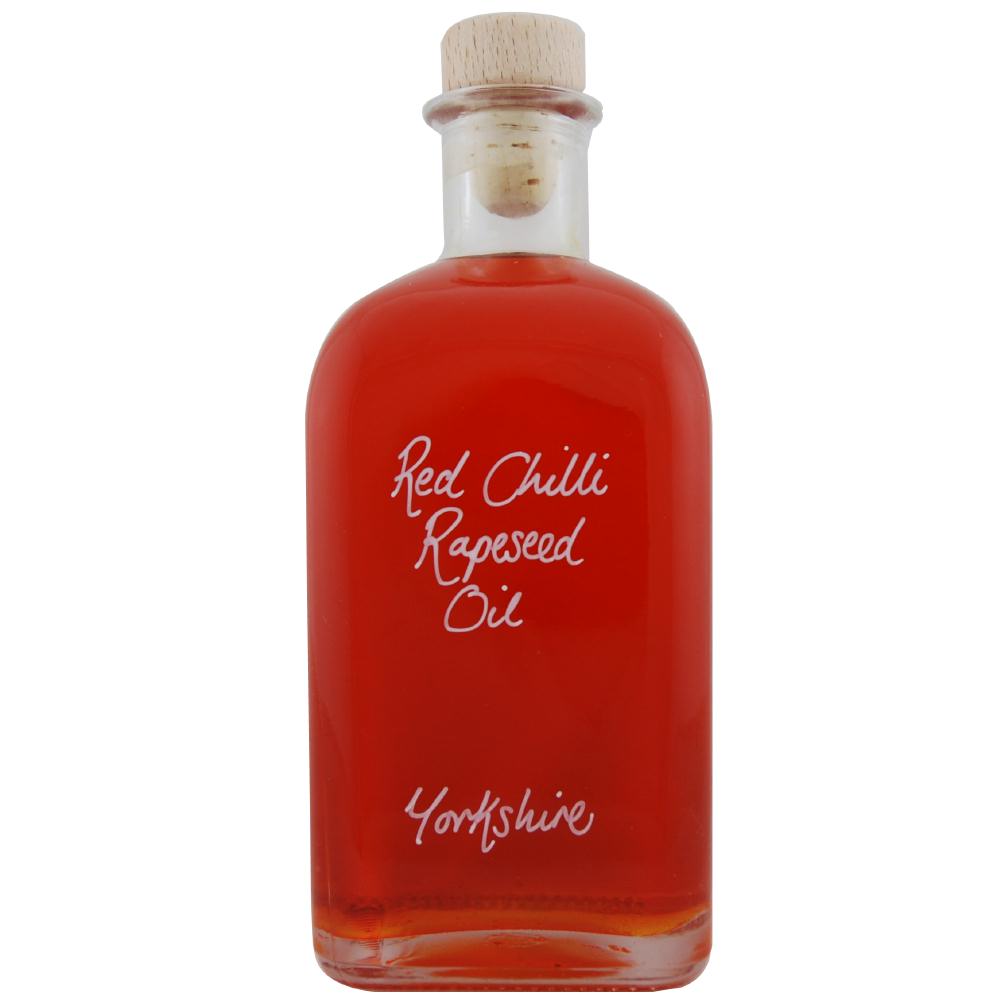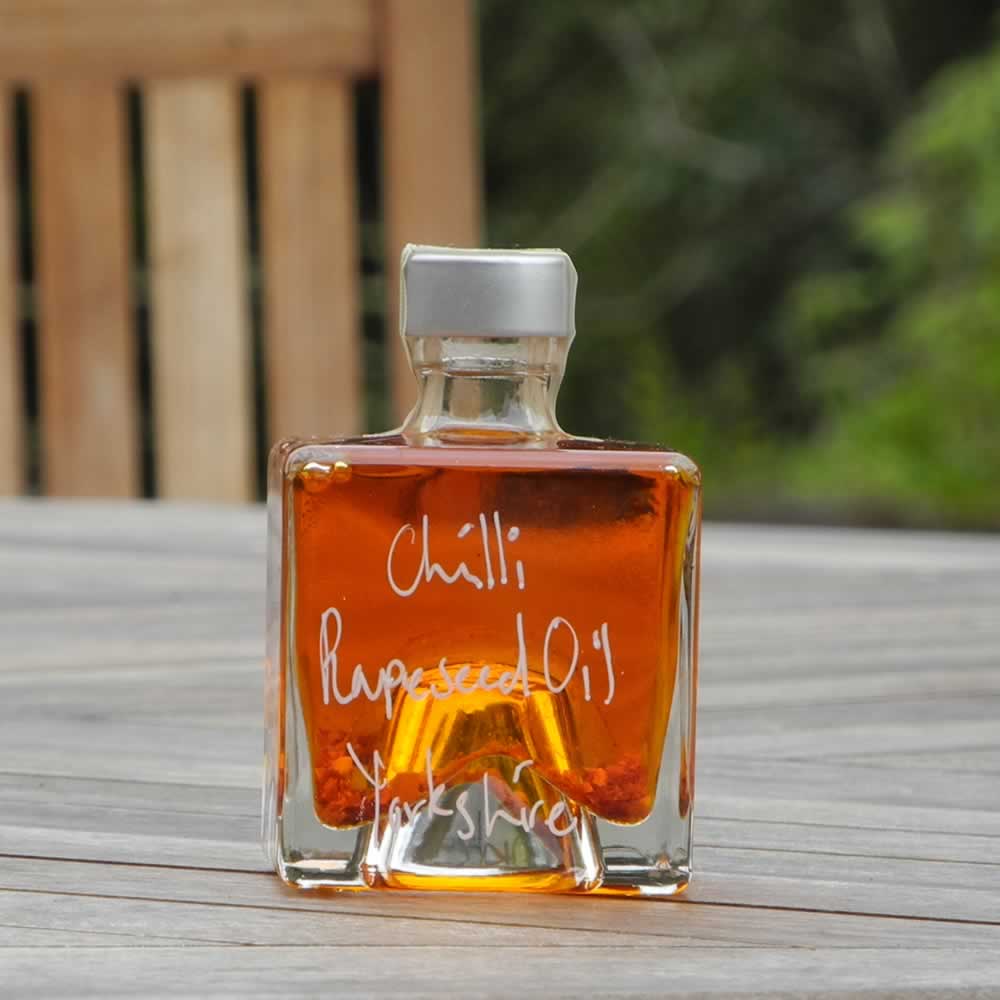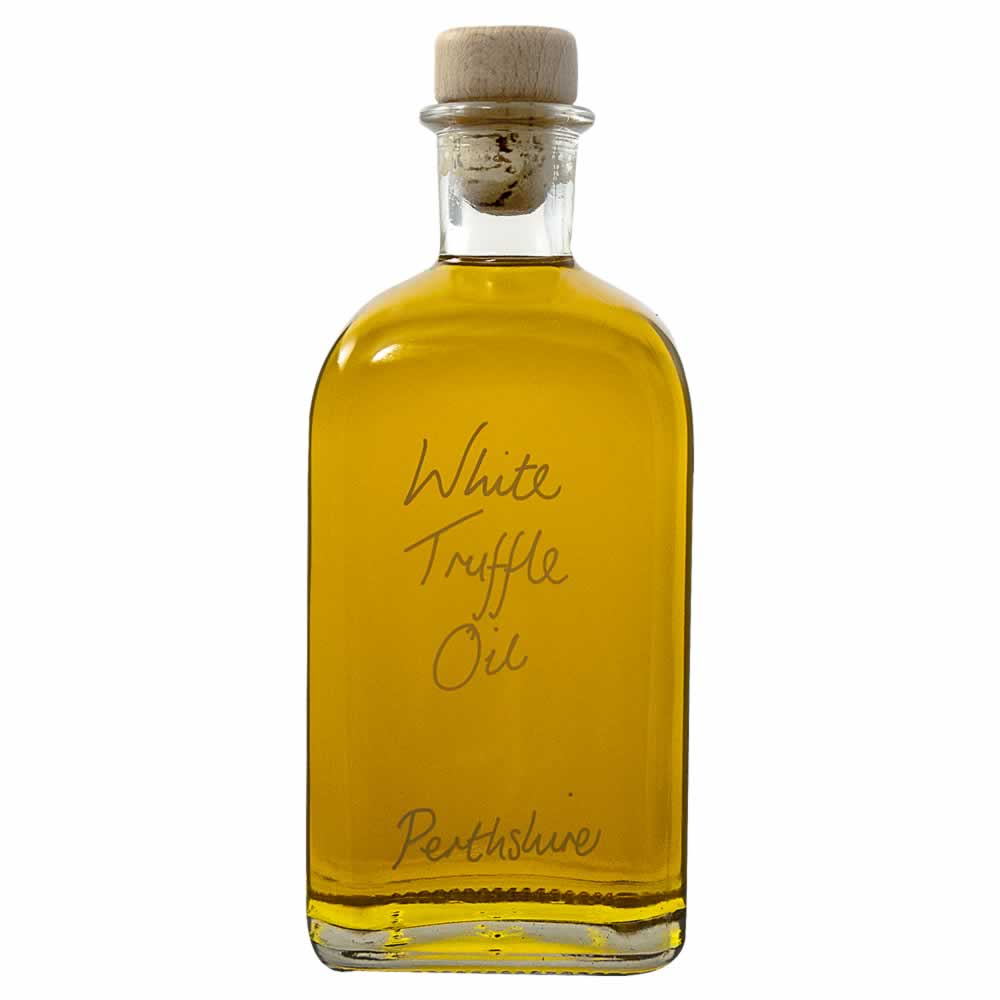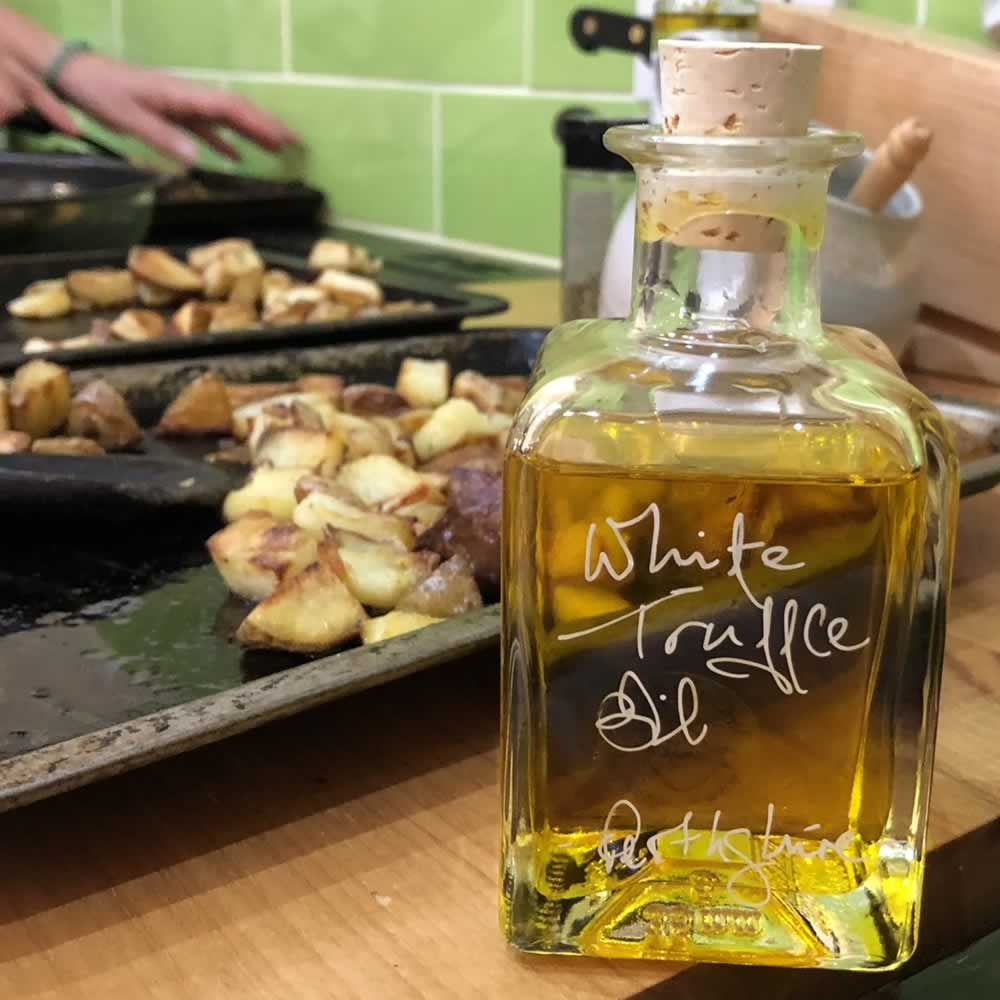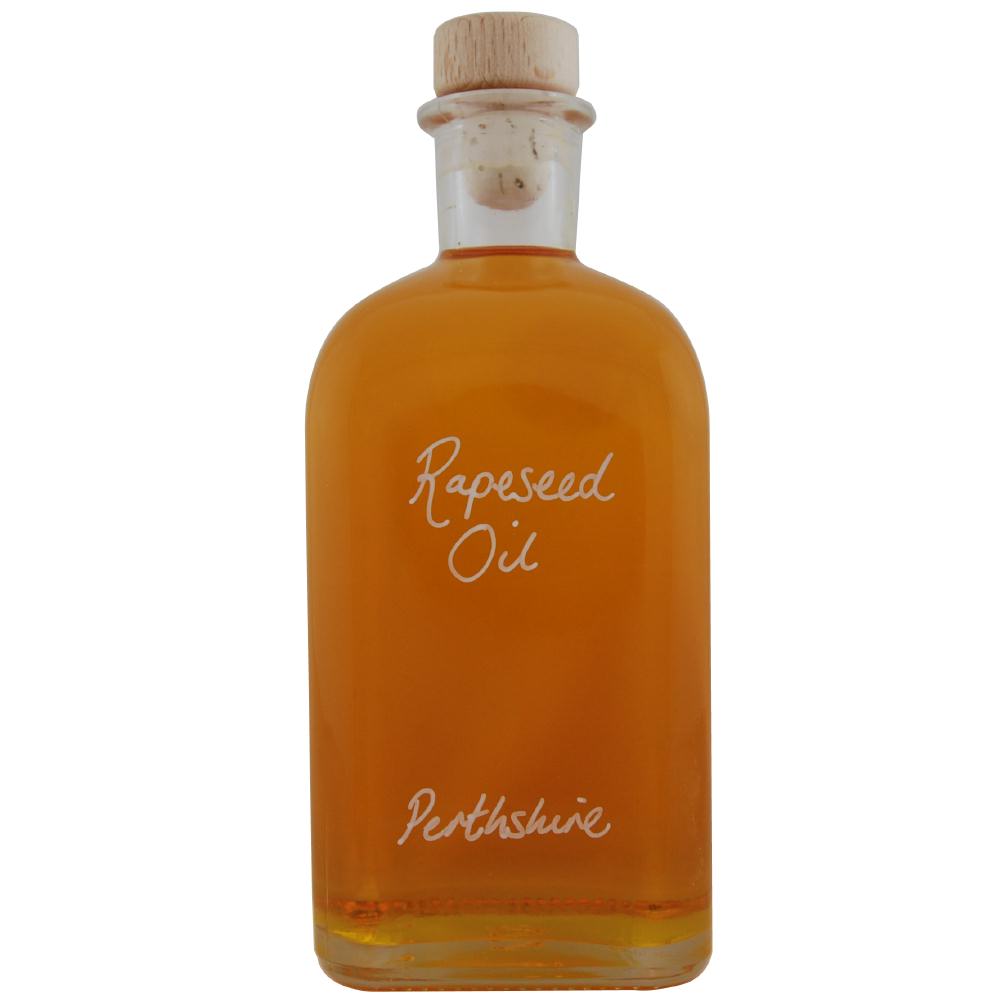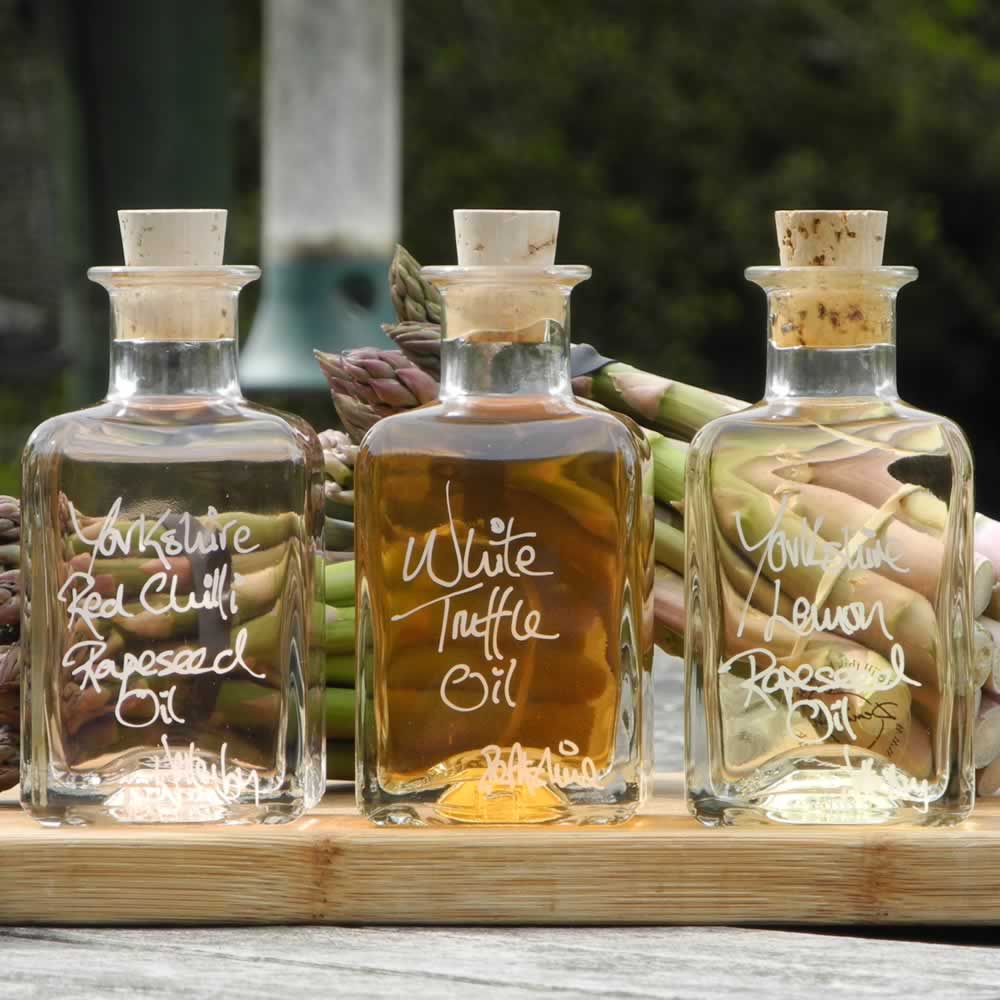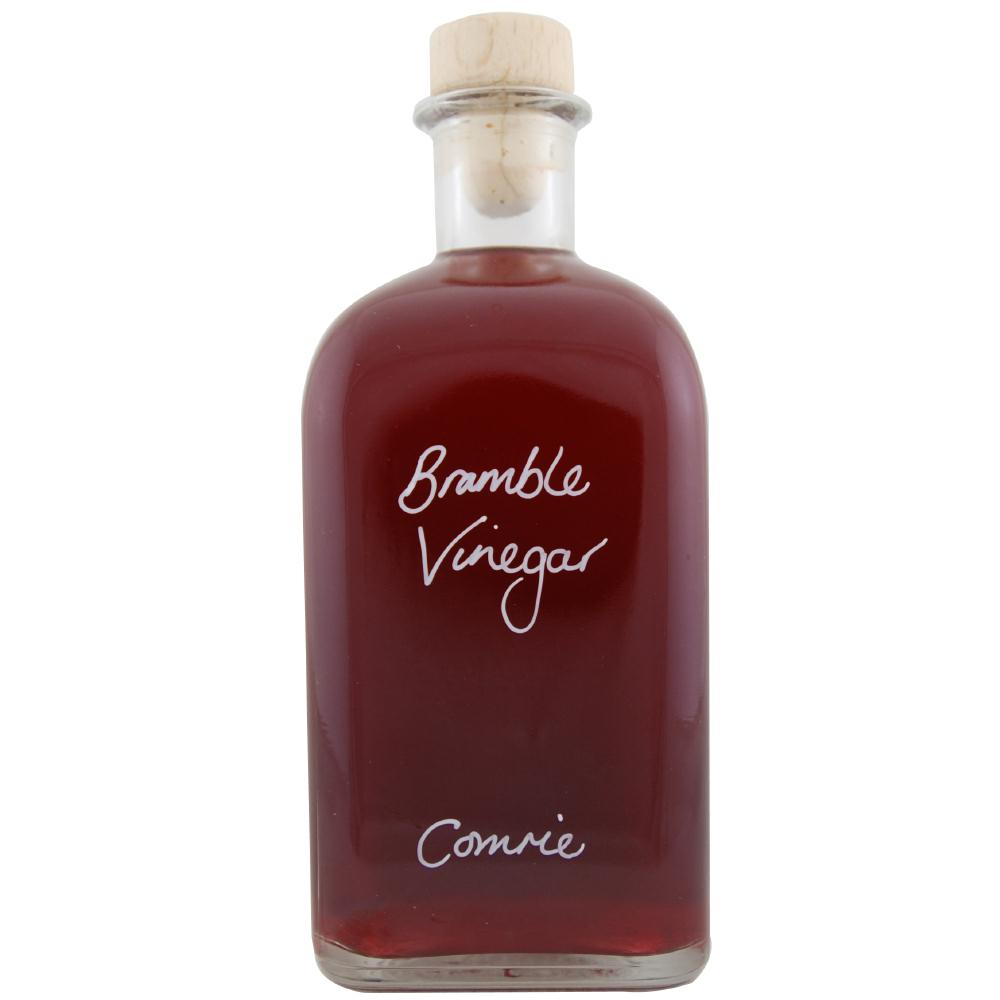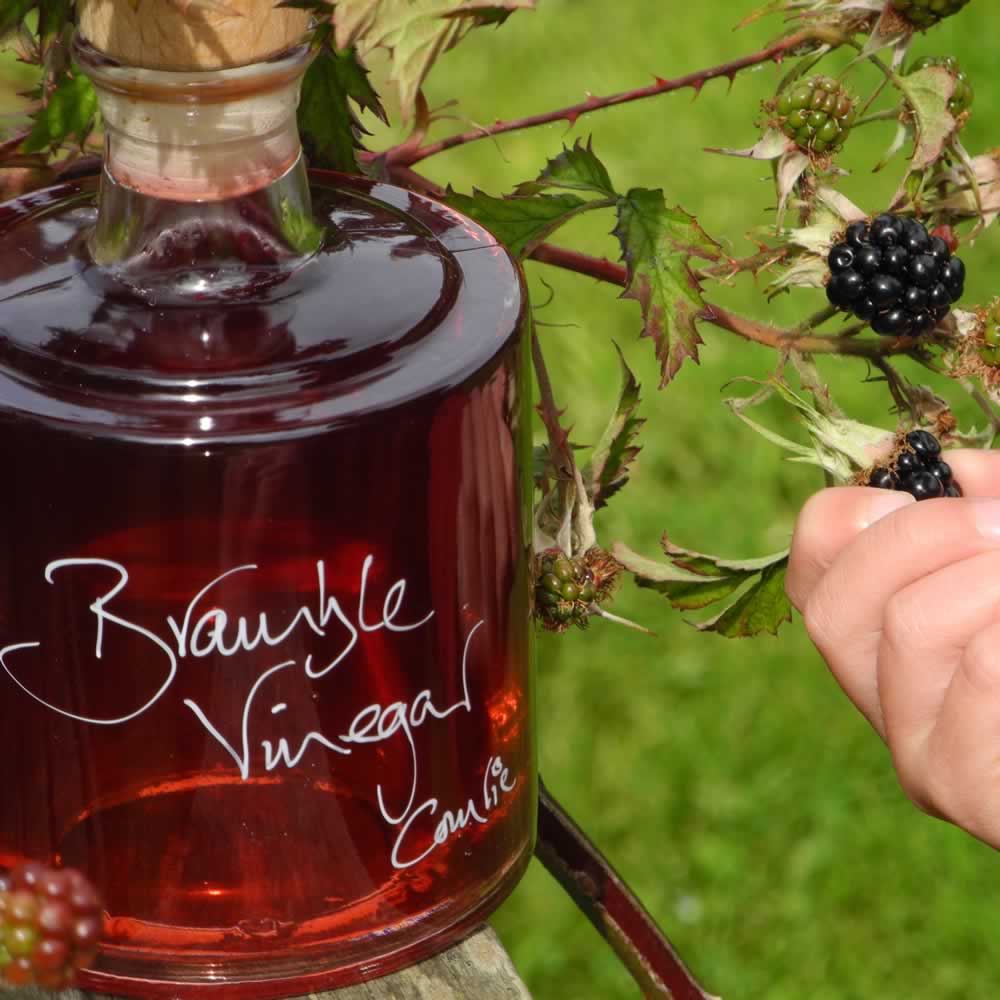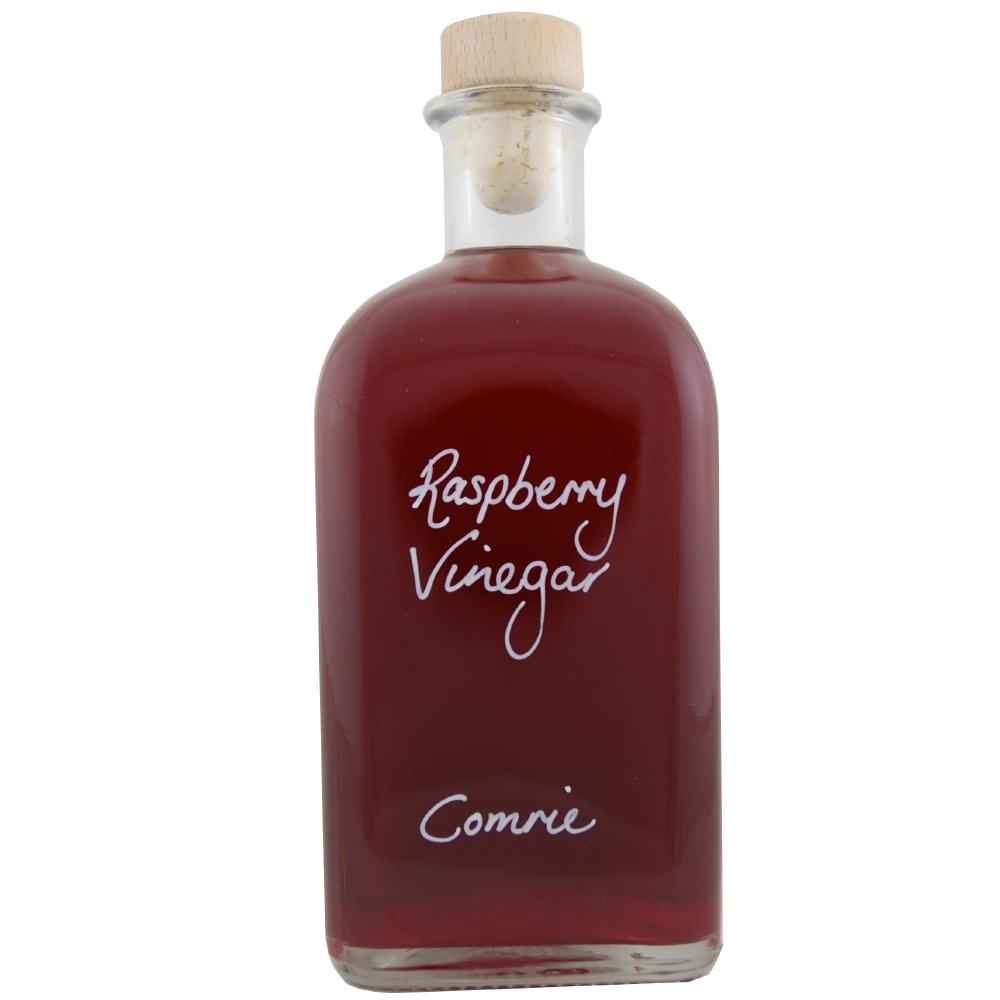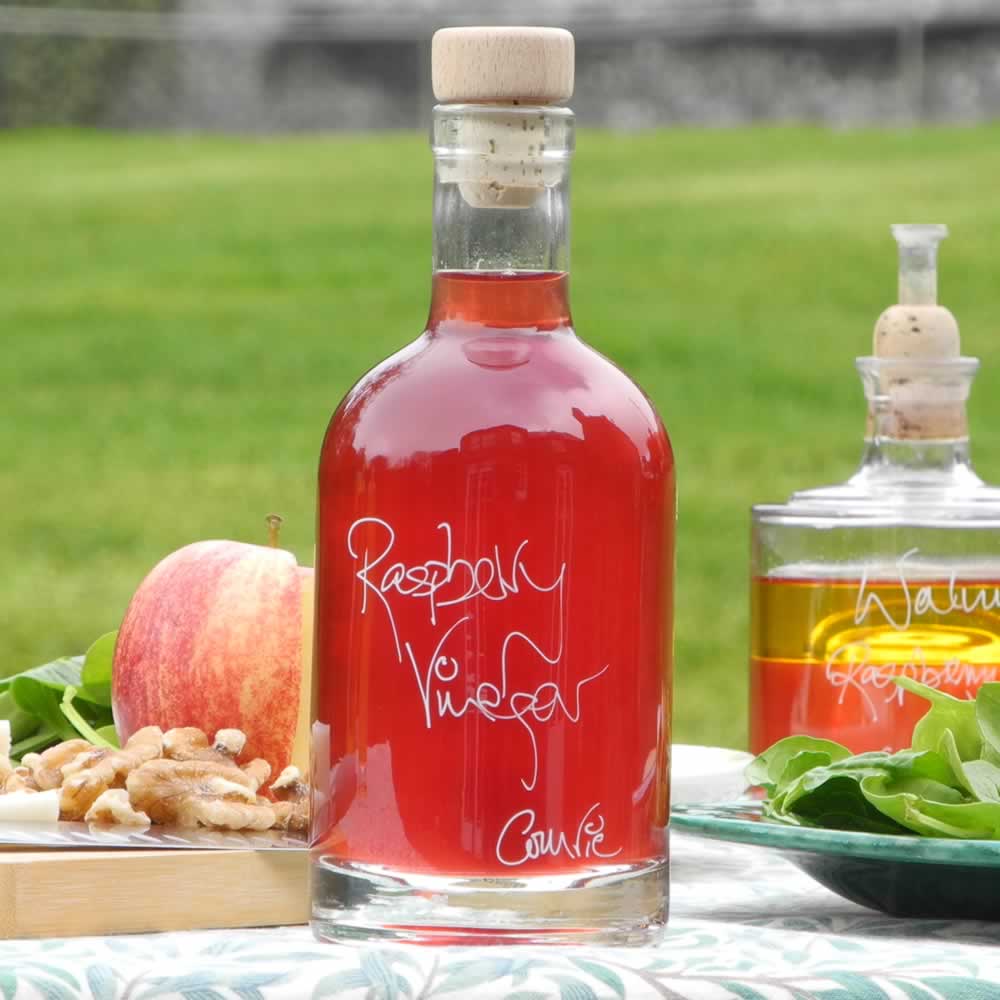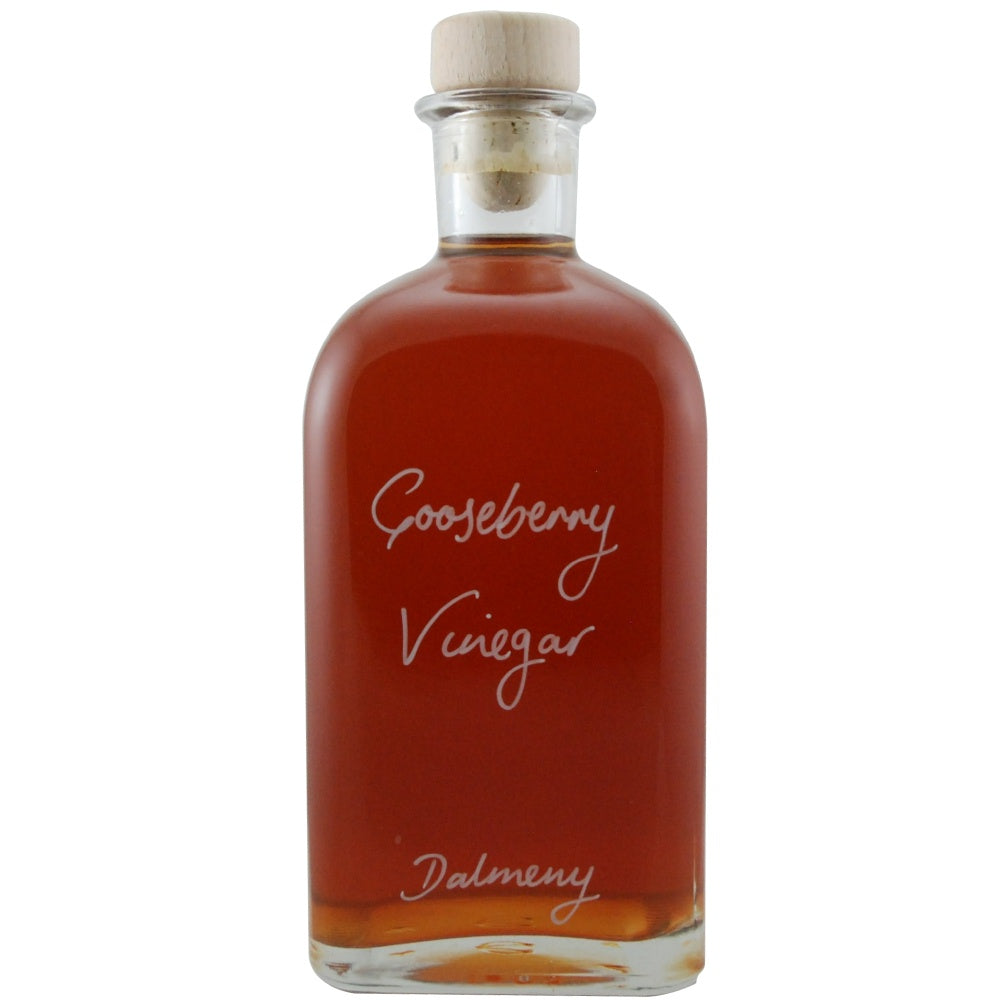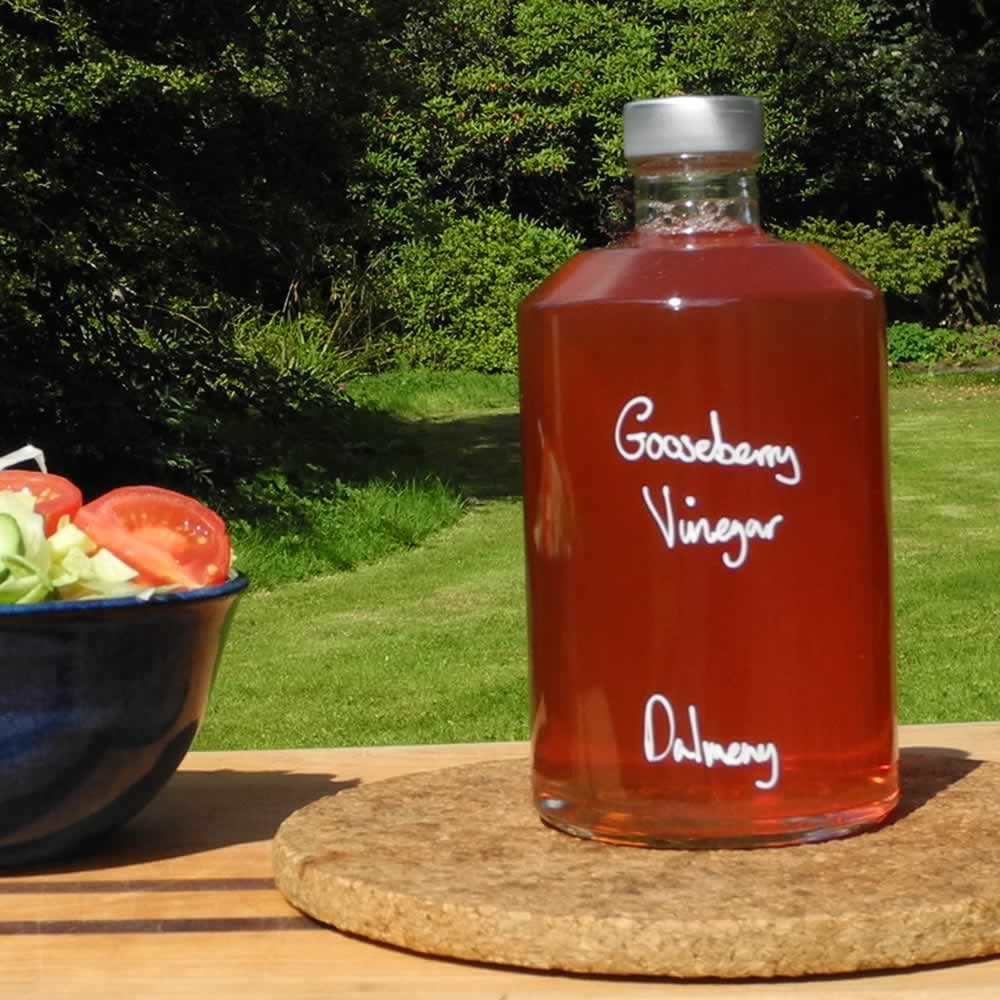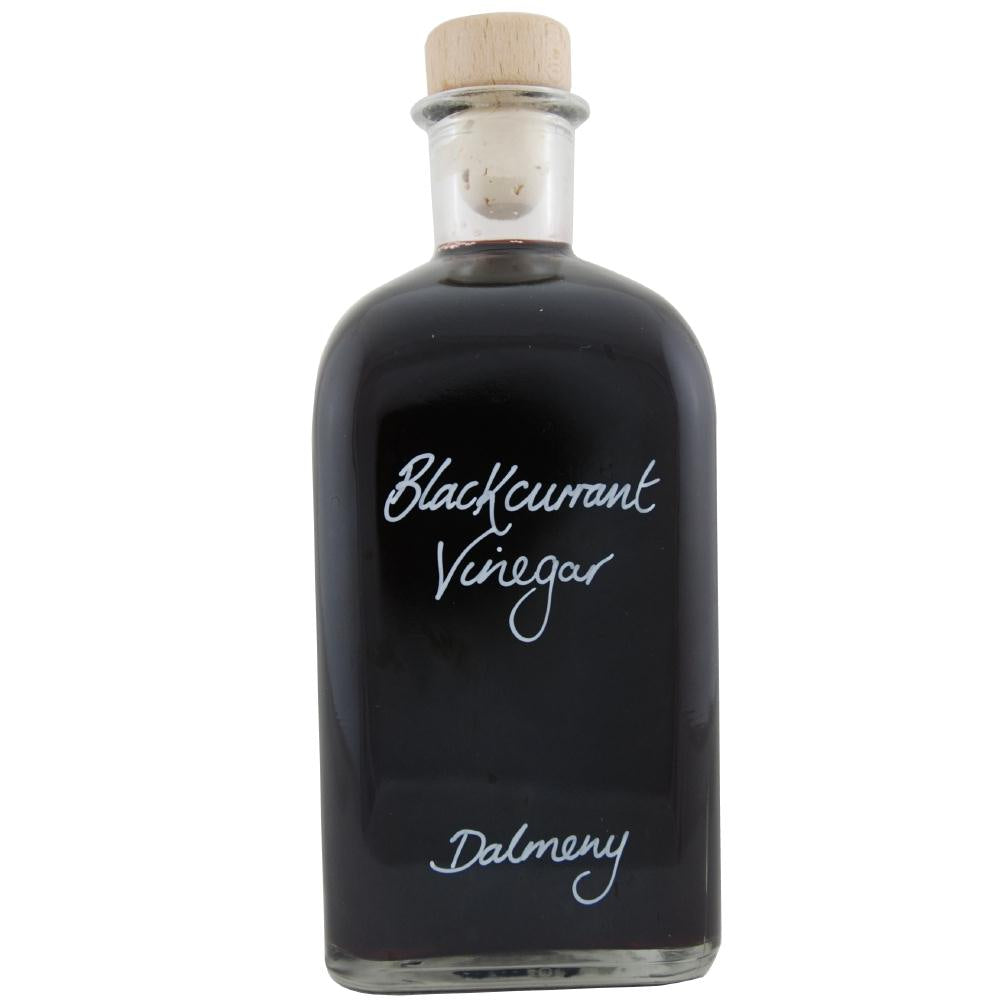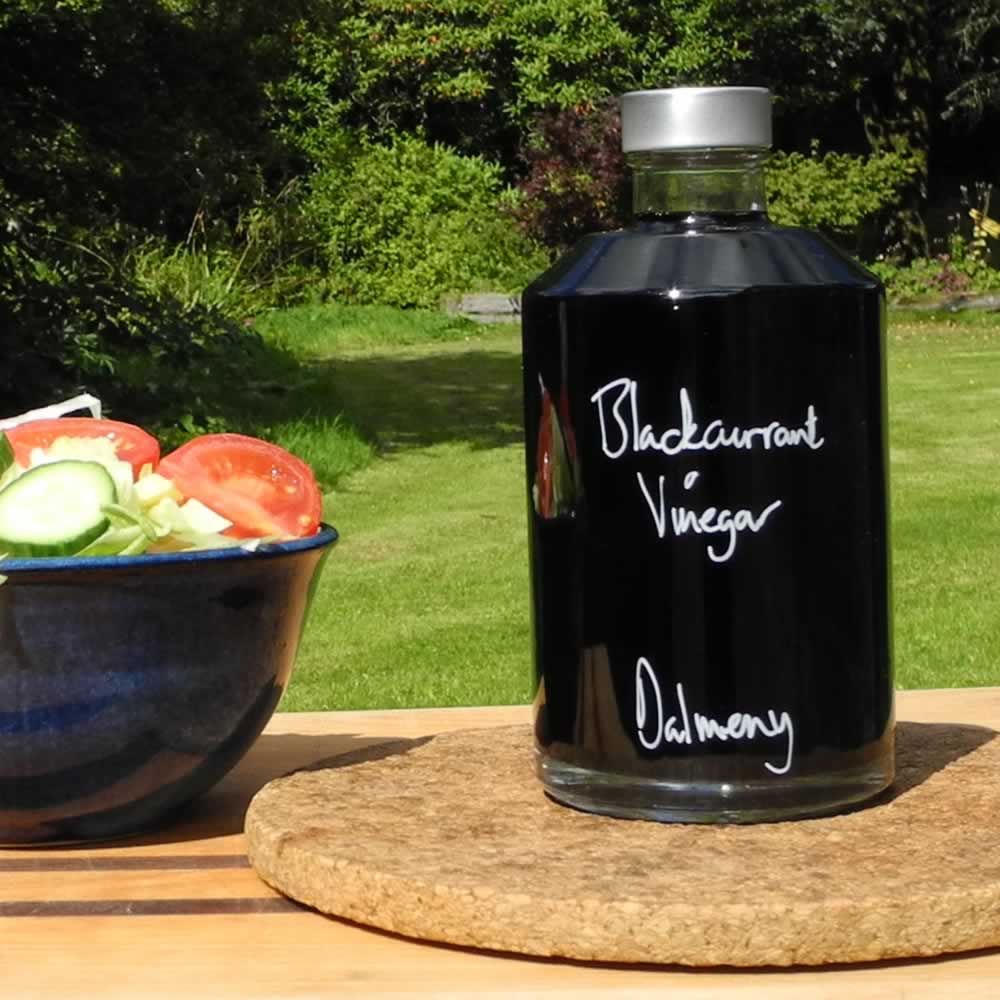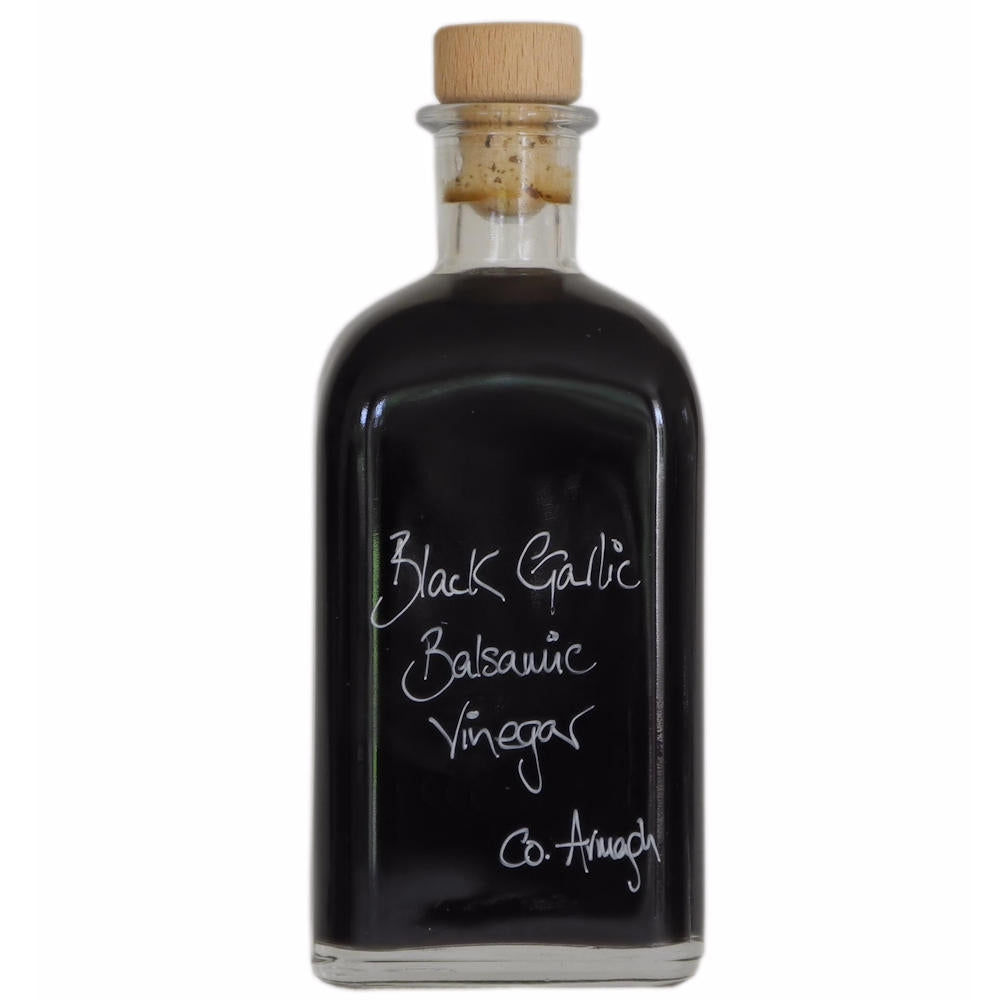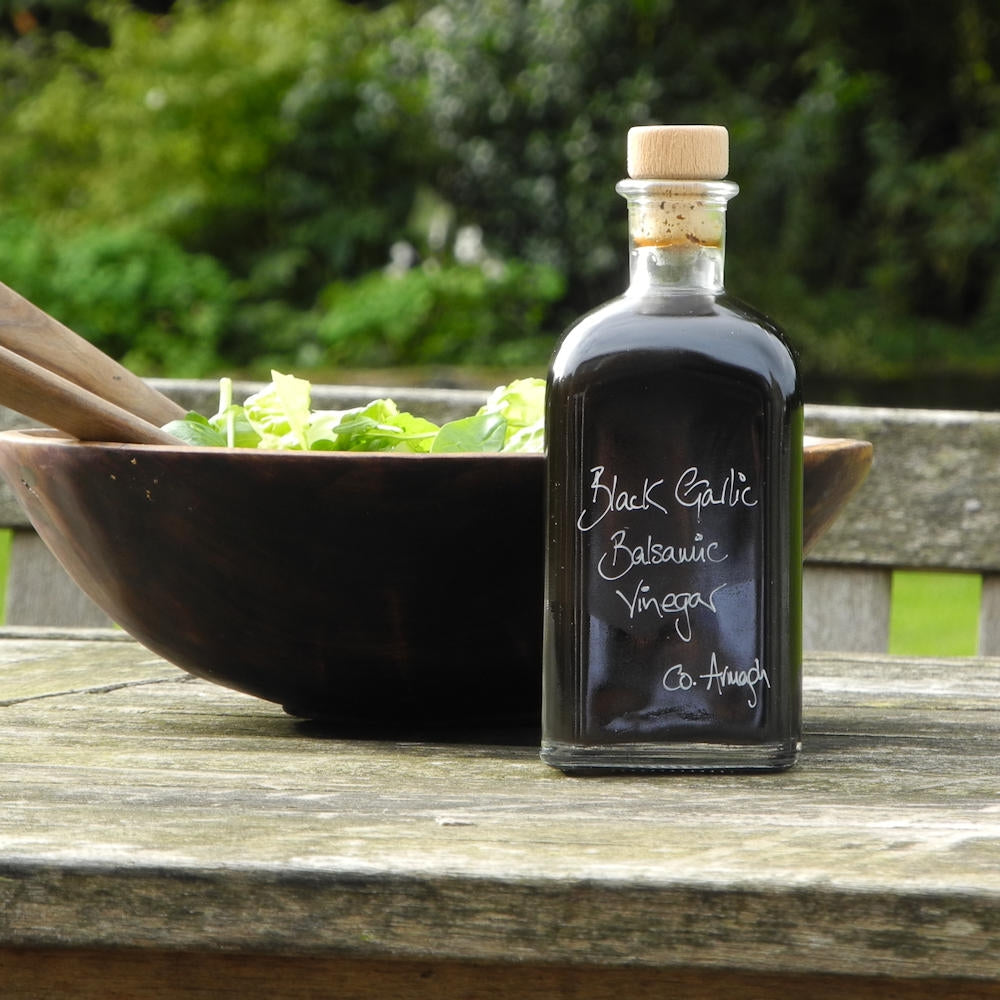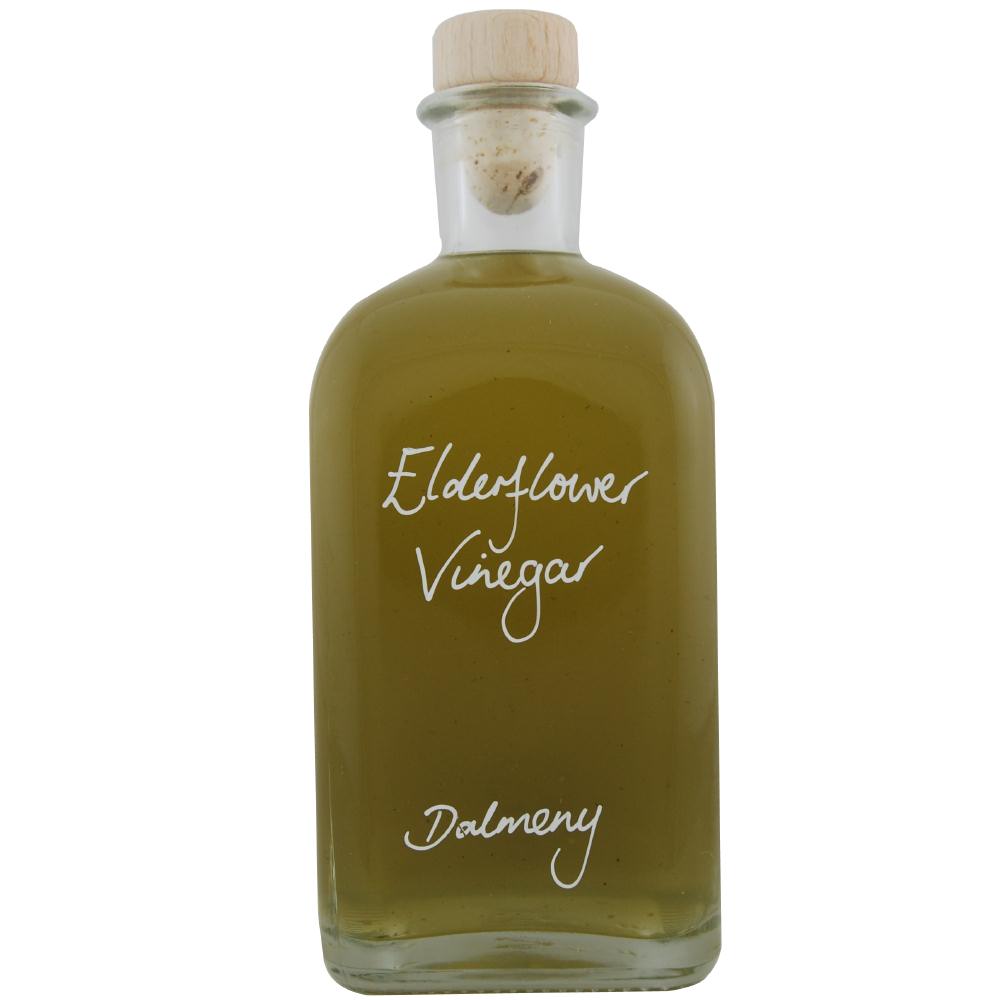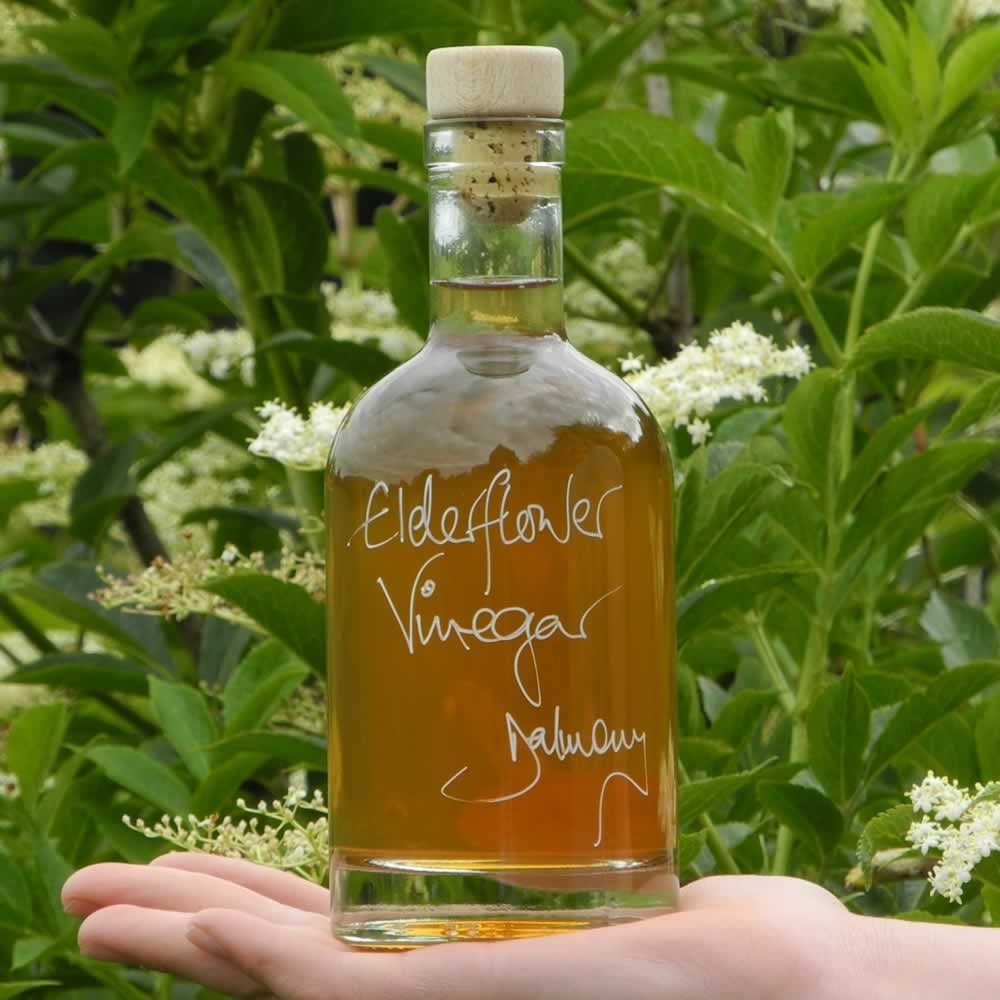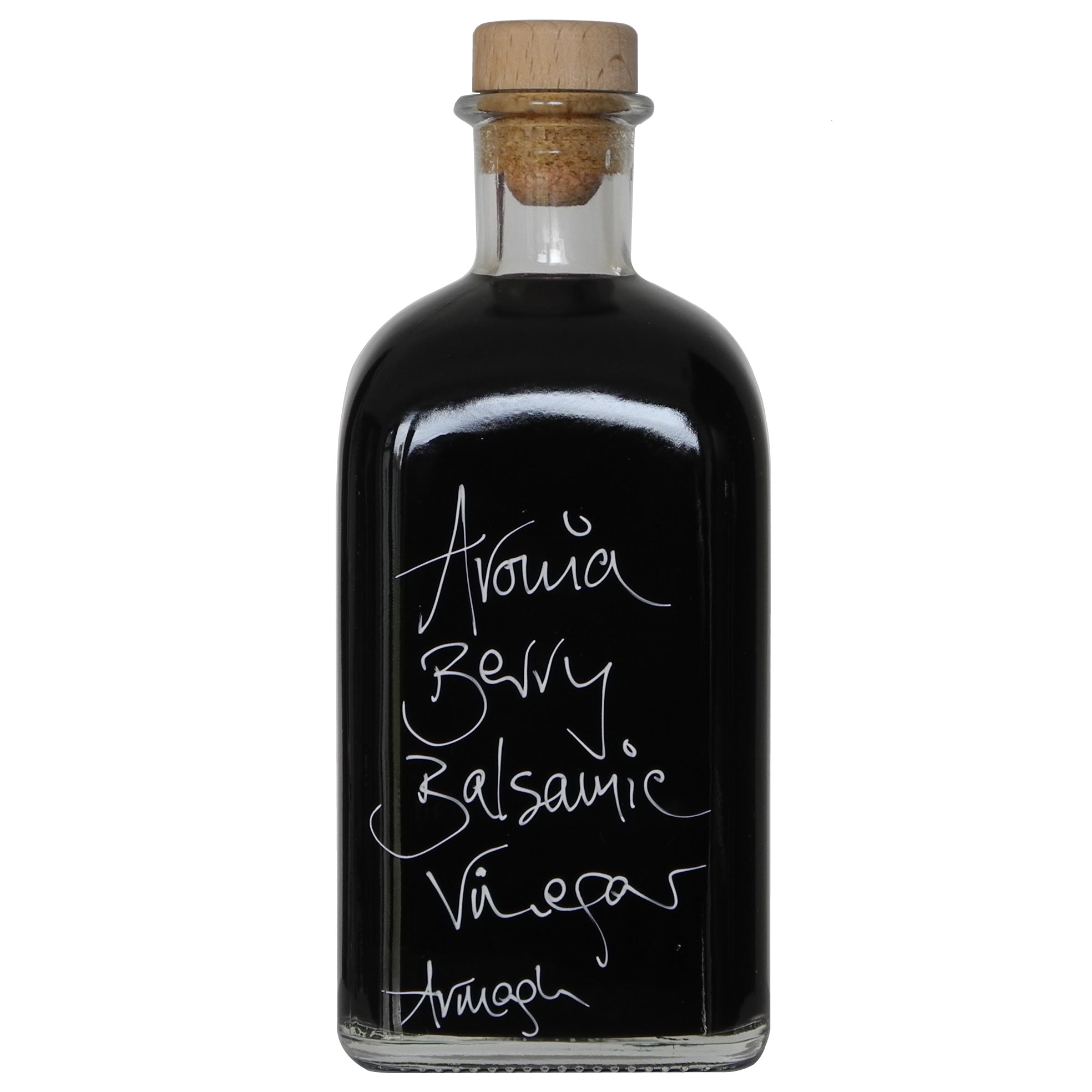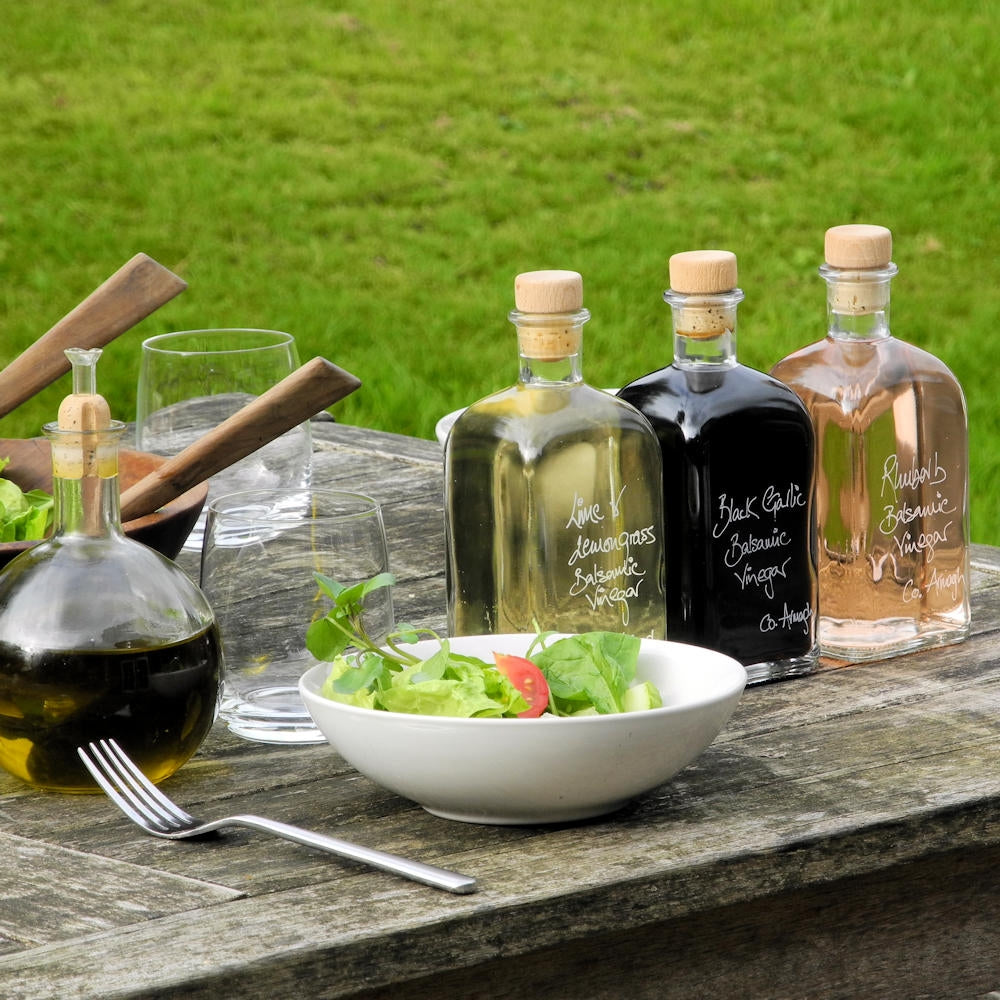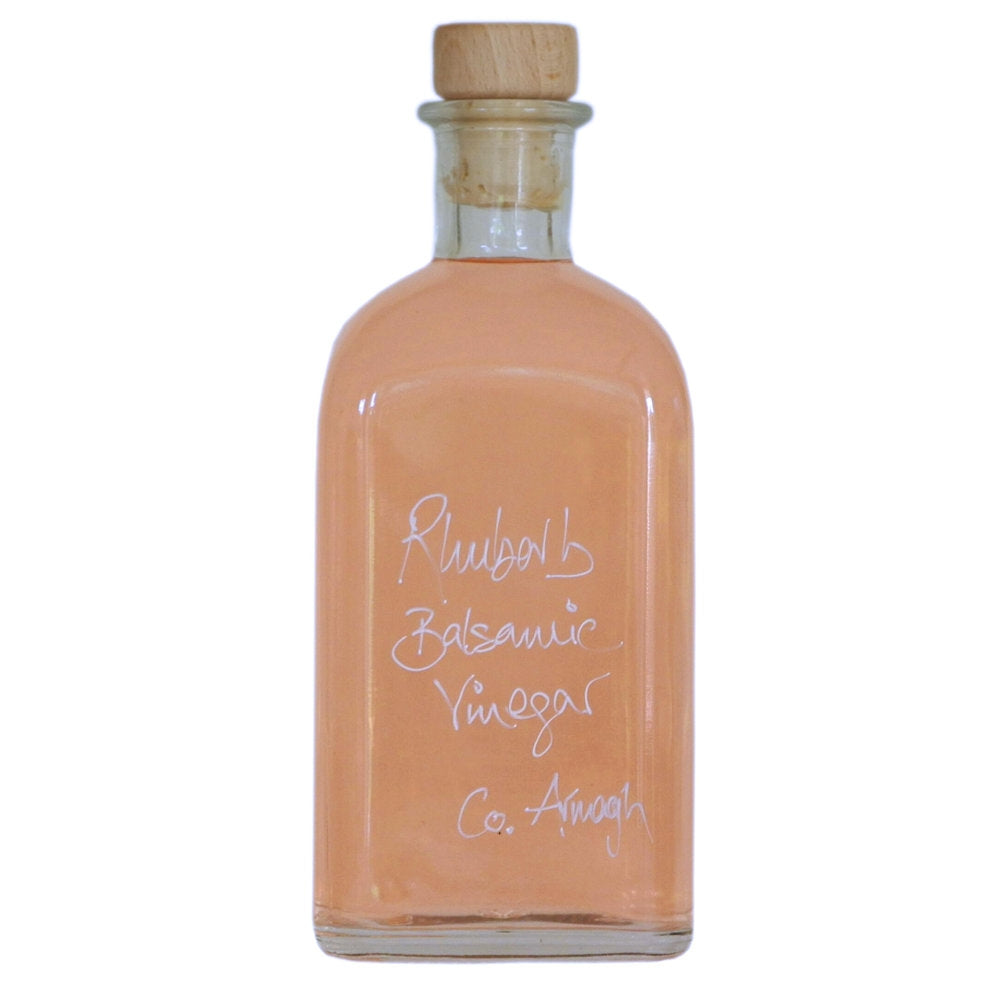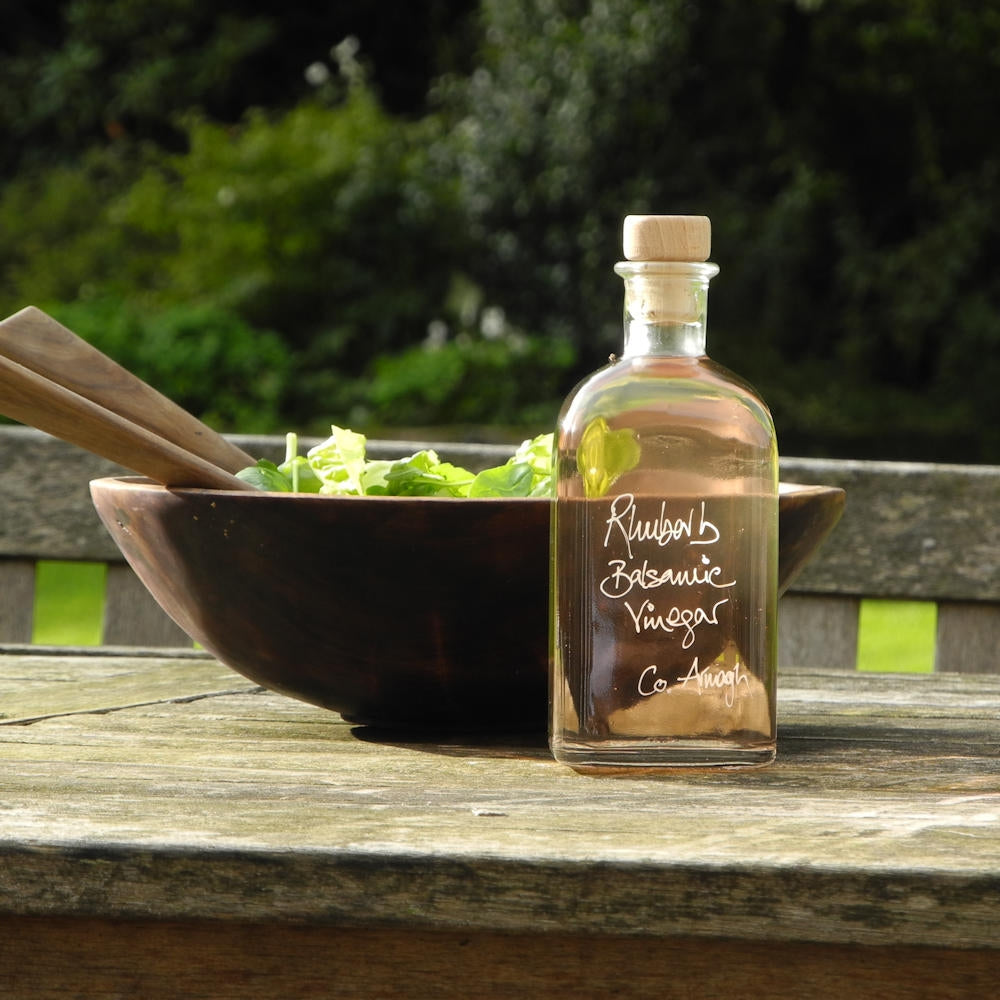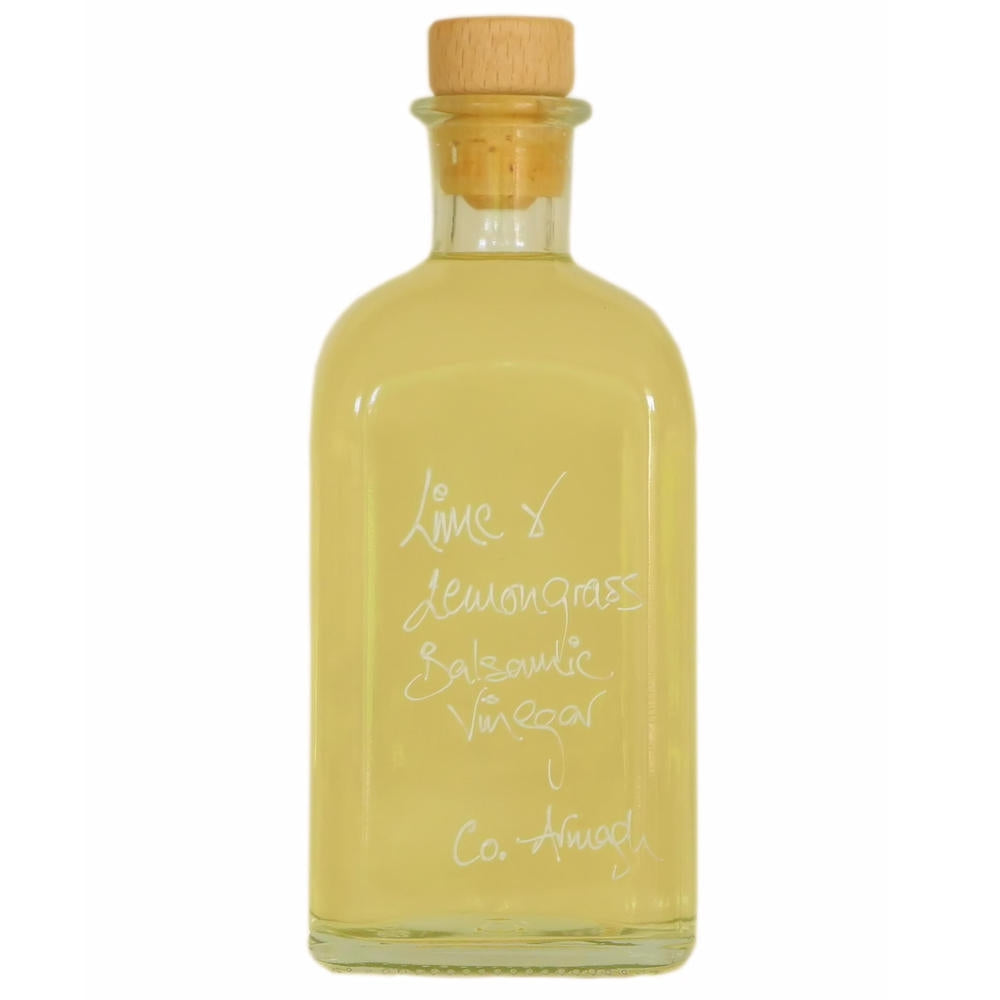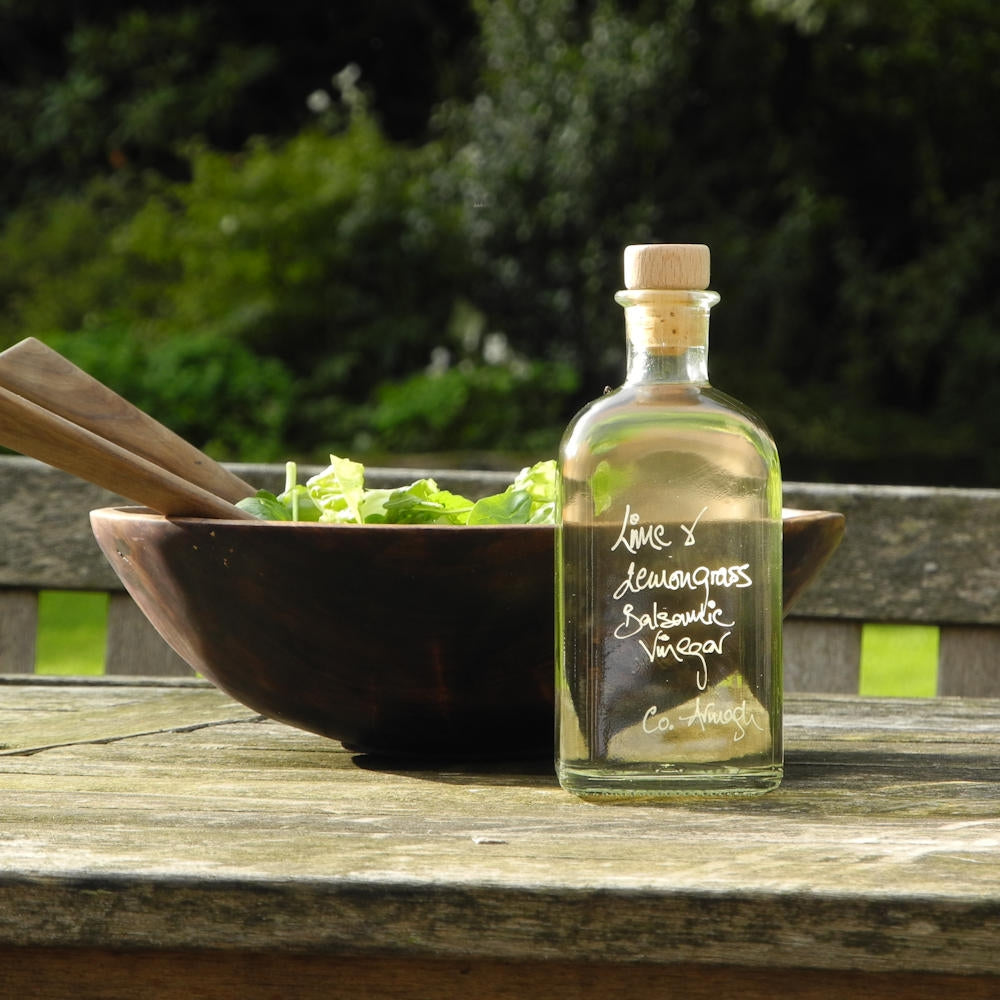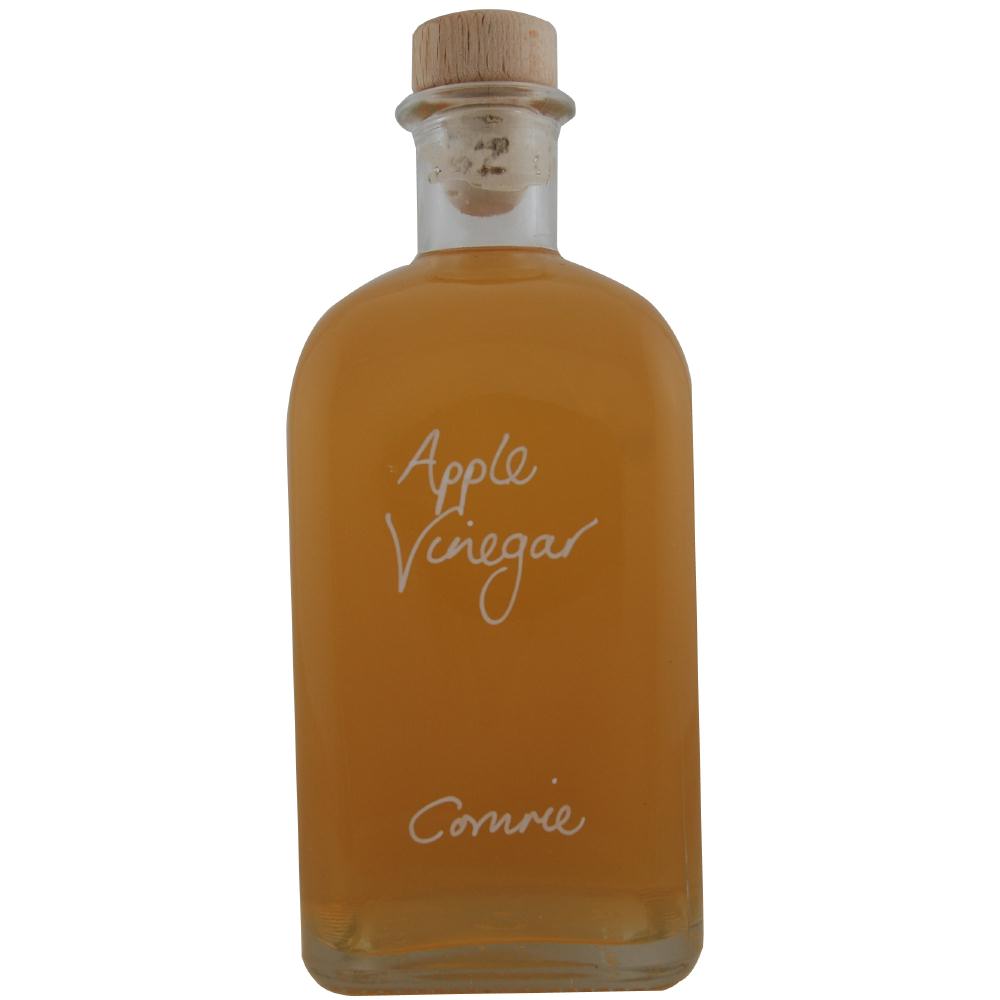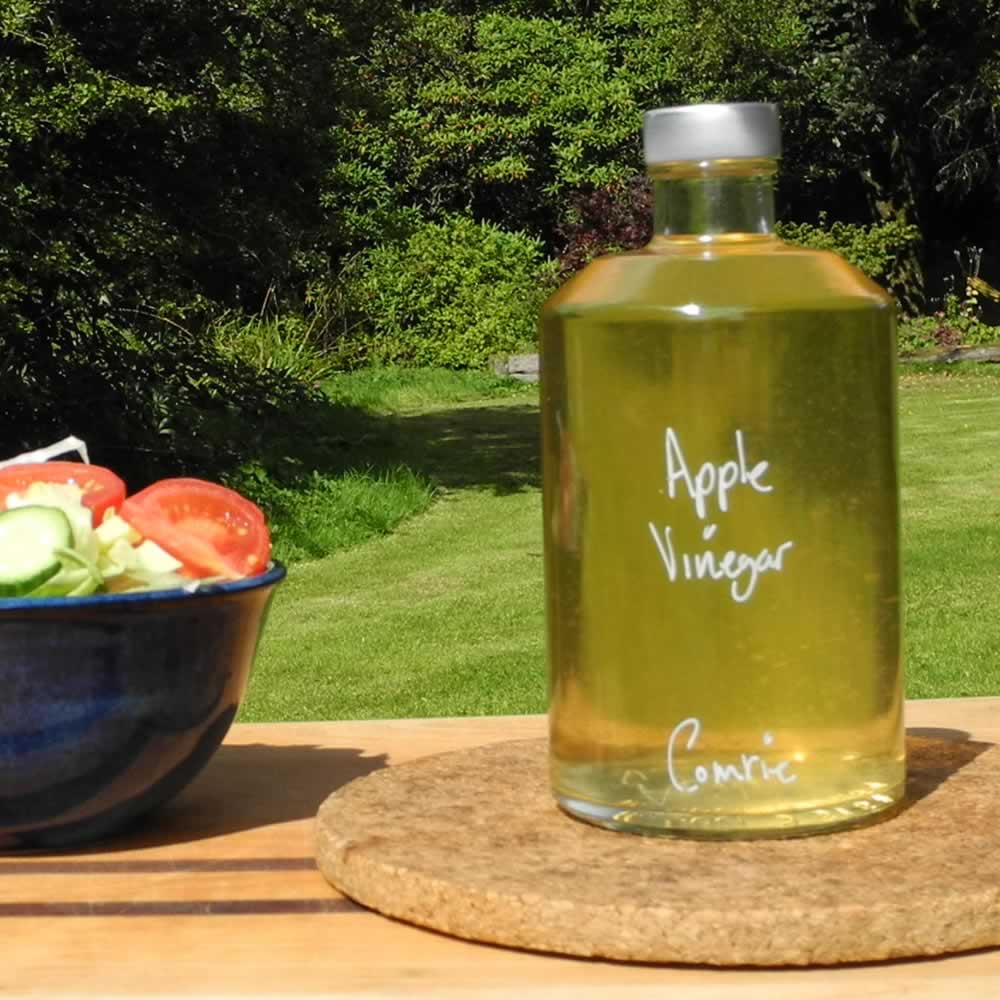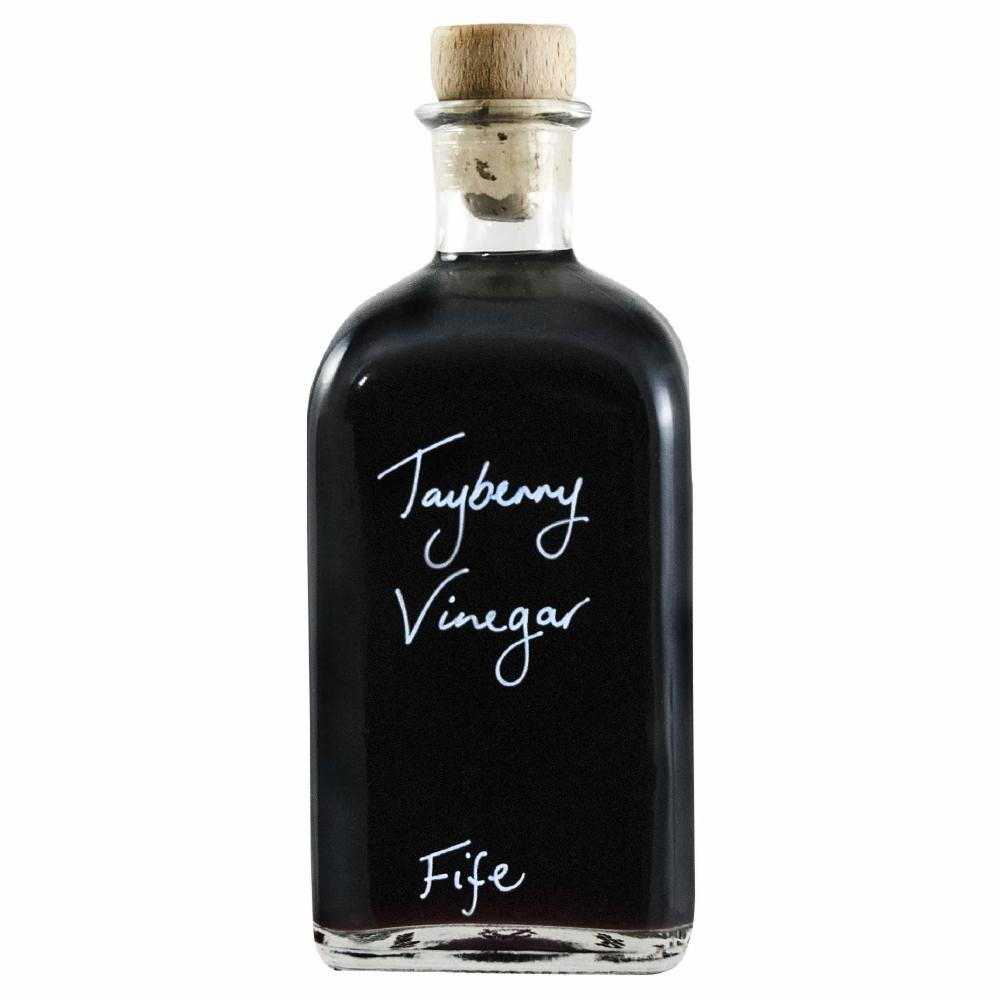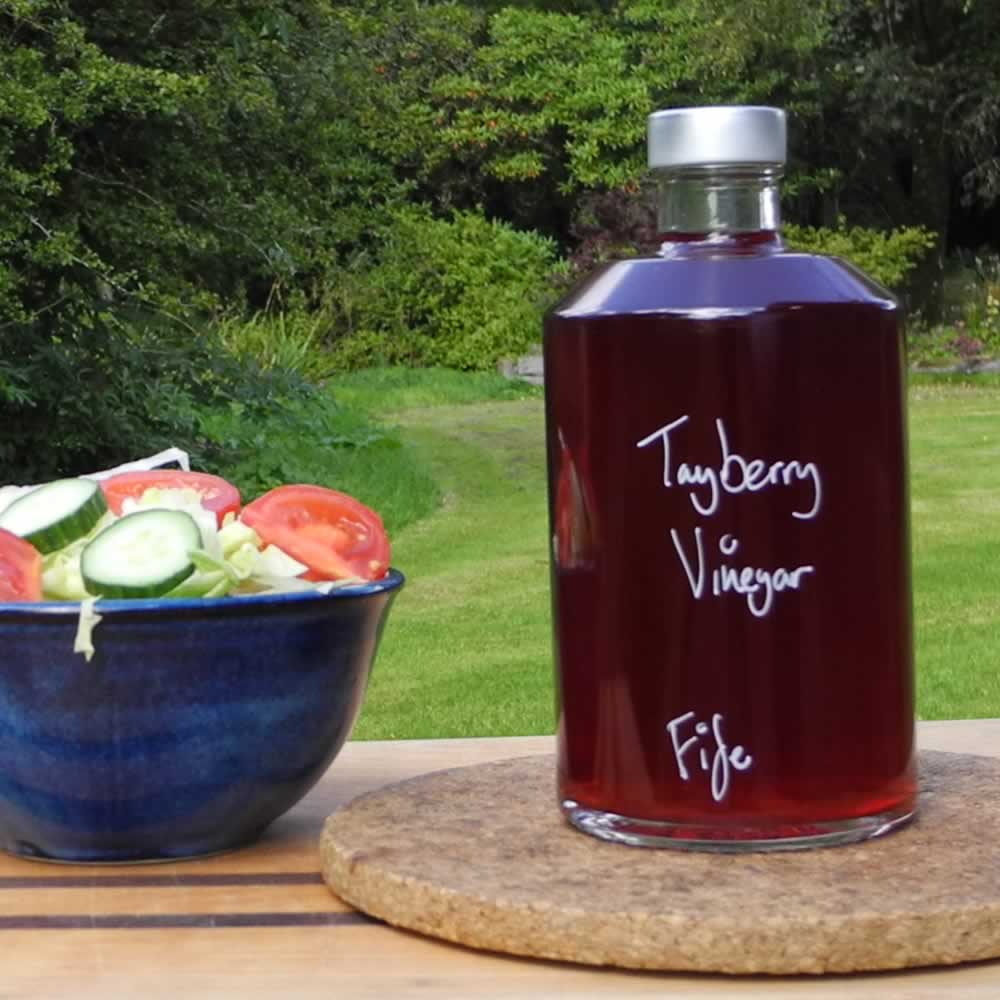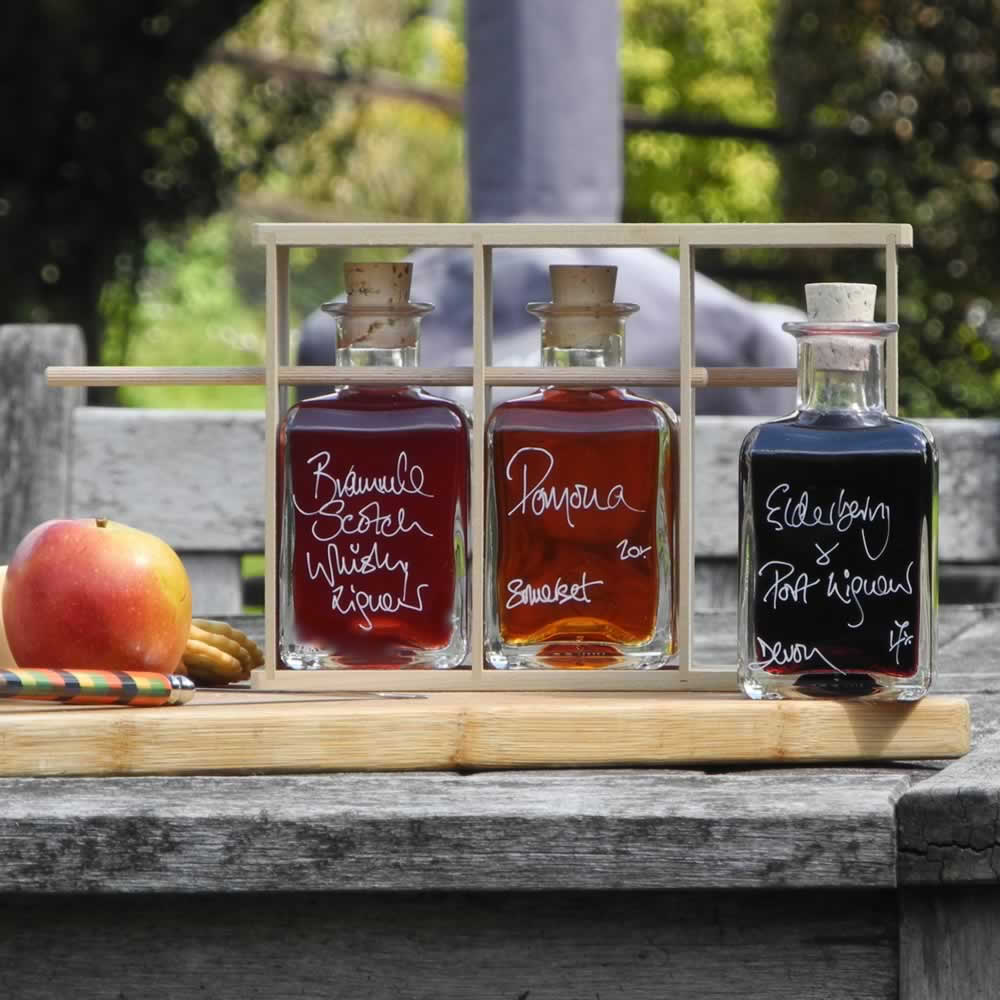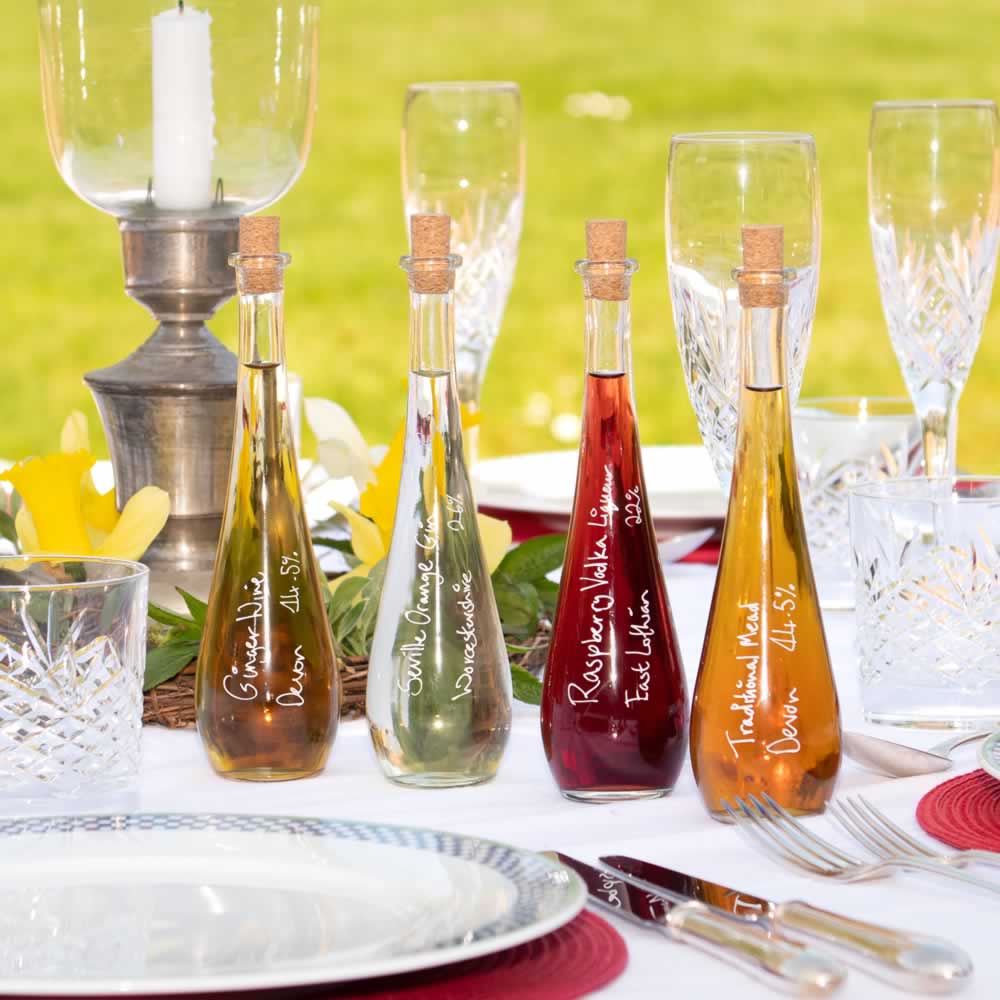Oils & Dressings
Dressings make salad and other foods come alive. Oils and vinegars join together in a perfect emulsion, allowing them to coat the food easily and complement their flavours.
Read more about Oils & DressingsDressings make salad and other foods come alive. Oils and vinegars join together in a perfect emulsion, allowing them to coat the food easily and complement their flavours.
Oils & Dressings
Everyone's diet should include a variety of greens. Some eat more than others, especially if following a vegan or vegetarian diet. However, eating leaves alone can, overtime, become dull and uninspiring. Therefore, introducing different oils and vinegar dressings in the form of a vinaigrette significantly improves the flavour of your daily salad. There are many different vegan and non-vegan recipes that benefit from the different oils and vinegars not only by improving flavour but also by introducing different vitamins and healthy fats that are hard to come by in a vegan diet.
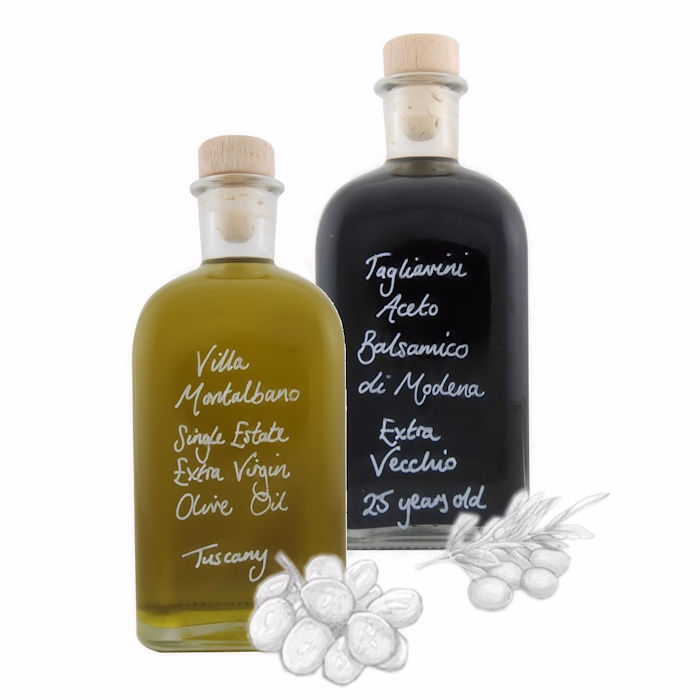
Types of Oils
There are many different types of oils that are widely available. However, what is the best oil for salad dressing? Well, this question can be answered in the same number of ways that there are oils available. It is all about preference, some people will love the taste of truffle oil whereas someone else might prefer a walnut oil. Edible oils are a very interesting culinary ingredient that have a unique character and flavour which makes it very versatile around the table.
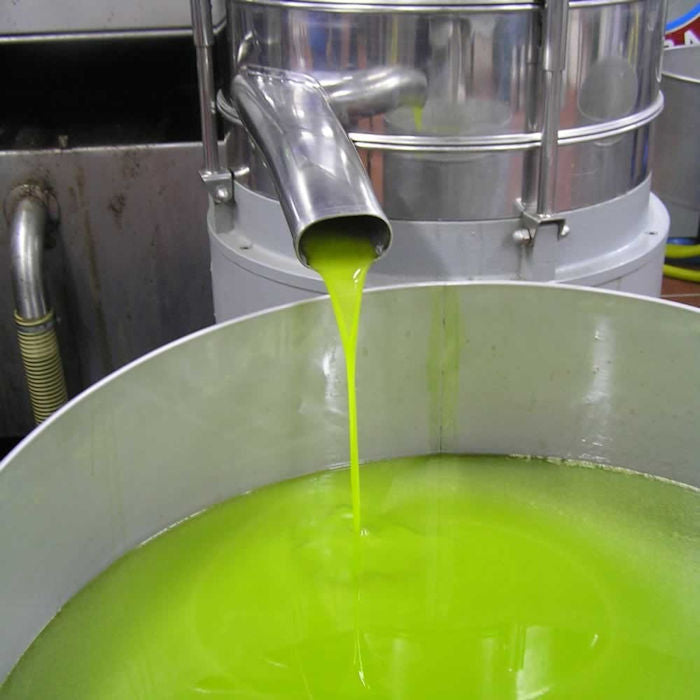
One of the most popular oils to use as a salad dressing must be extra virgin olive oil. This is because of the amazing flavours it can offer while also being one of the healthiest oils out there. Every extra virgin olive oil can have a varying flavour. Different weather conditions as well as ground acidity impacts the flavour of the finished product. Therefore, Portuguese extra virgin olive oil will be different from Tuscan extra virgin olive oil. Another type of oil that is popular especially for a vegan diet is rapeseed oil. Rapeseed oil is a natural flavoured oil which contains omegas 3, 6 and 9. Those are believed to reduce cholesterol, and help to maintain healthy joint, brain and heart functions. Also, unlike extra virgin olive oil, it is perfect for cooking with, as it does not lose its flavour when combined with heat. As rapeseed oil has a fairly simple flavour many producers infuse different fruits and spices to create something unique. Some examples are Chilli rapeseed oil and Lemon rapeseed oil.

Nut oils are valuable in making dressings for their distinctive nutty flavour. They are also useful for dressing a stir fry to give a complementary nutty flavour to the dish. Walnut oil burns at a relatively low temperature so is better used for dressing and baking rather than frying.
Types of Vinegars
Just like the oils there are endless possibilities of flavours for vinegars. There are many different vinegars such as malt vinegar which does not have much flavour, but it has a very distinct sour note. This type of vinegar might not be the most ideal form of flavouring on a salad, but it can be used in other ways. A very popular style of salad dressing comes from fruit vinegars, as they provide a unique flavour as well as this distinct sour note without overpowering the entire salad. Some fruit vinegars are made from fruit wines that are oxidized and allowed to turn into vinegar. This is usually done without any added flavourings or chemicals to make it a natural product perfect for a health-oriented person. Alternatives are made by infusing fruit or a floral flavour in malt or wine vinegar. Another popular choice of vinegar is balsamic vinegar. Balsamic vinegar can be a vary enormously in price. There is a very good reason for this, many producers use cheaper ingredients or substitutes to imitate the traditional balsamic vinegar of Modena. The traditional balsamic vinegar can take up to 25 years to mature in wooden barrels giving it a very thick and distinct bouquet. However, since it is such a time-consuming process traditional balsamic vinegar can be expensive but worth every penny as the balsamic vinegar offers such a rich and complex flavour palette which is worth experiencing.
How to use Oils & Dressings?
There are a lot of different ways to use oils and vinegars that can produce amazing results in your kitchen. One of the main ways to use edible oils and vinegars is simply as a salad dressing. Some people will enjoy using the oils separately from the vinegars. However, to make your salad dressing even more delicious you can combine the oil of your choice with an excellent fruit vinegar to create a lovely vinaigrette. One of my favourite ways to make a vinaigrette is simply to fill a small container with equal parts of oil and fruit vinegar, my choice being lemon rapeseed oil and elderflower vinegar with a small pinch of salt and pepper to taste for a simple vinaigrette.
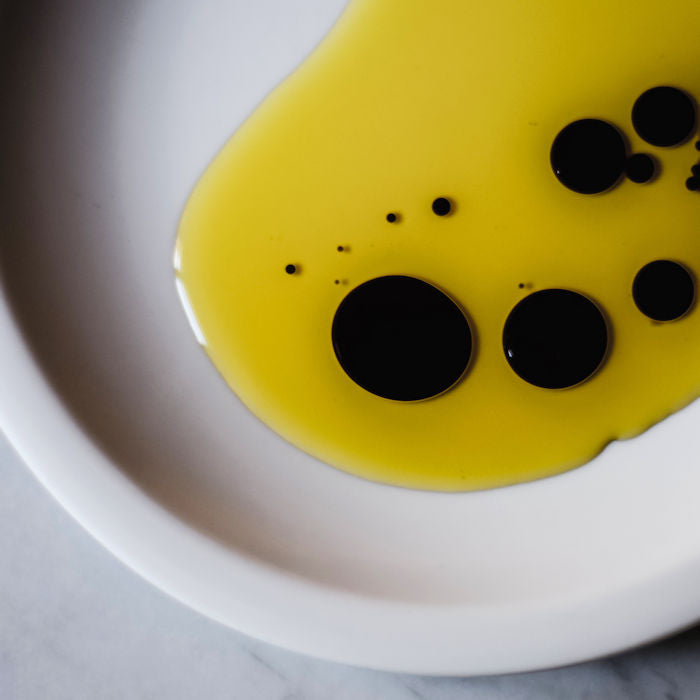
It is worth mentioning that some vinegars such as the traditional balsamic vinegar are better served on their own rather than combined with oil, as the aged balsamic vinegar offers so much flavour adding oil could undermine the rich bouquet it can offer. Another use for oils and dressing can be in cooking itself, many oils such as the rapeseed oil offer healthy fats that are beneficial for a person's diet regardless of whether they are vegan or not. Using fruit vinegars for cooking can also be a very interesting tool, as the vinegars can make some meats even more tender while adding unique fruity flavours that can be glazed over. Another thing to note is that fruit vinegars contain natural sugars inside them which can also be used to caramelize foods on the stove.
Read less


